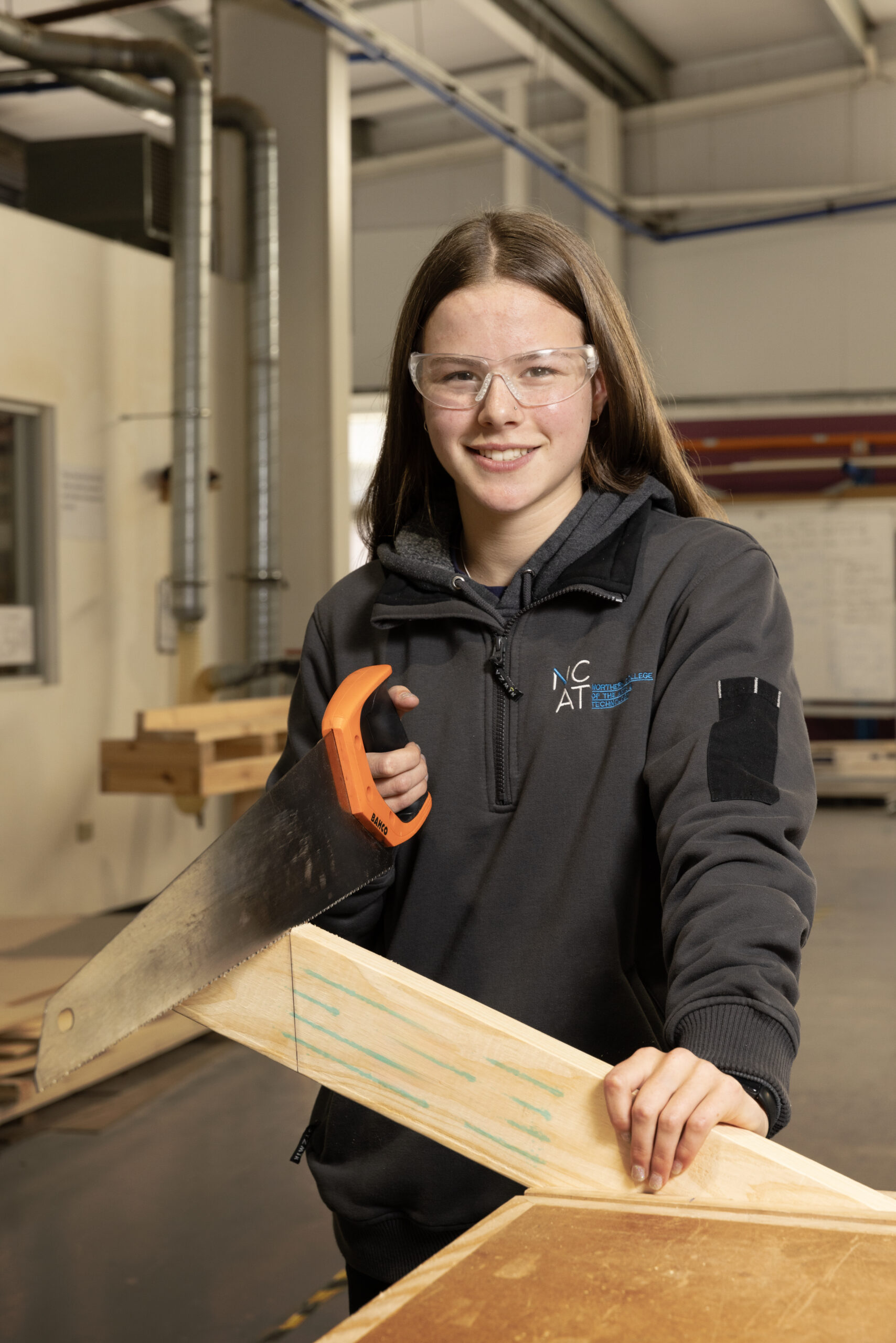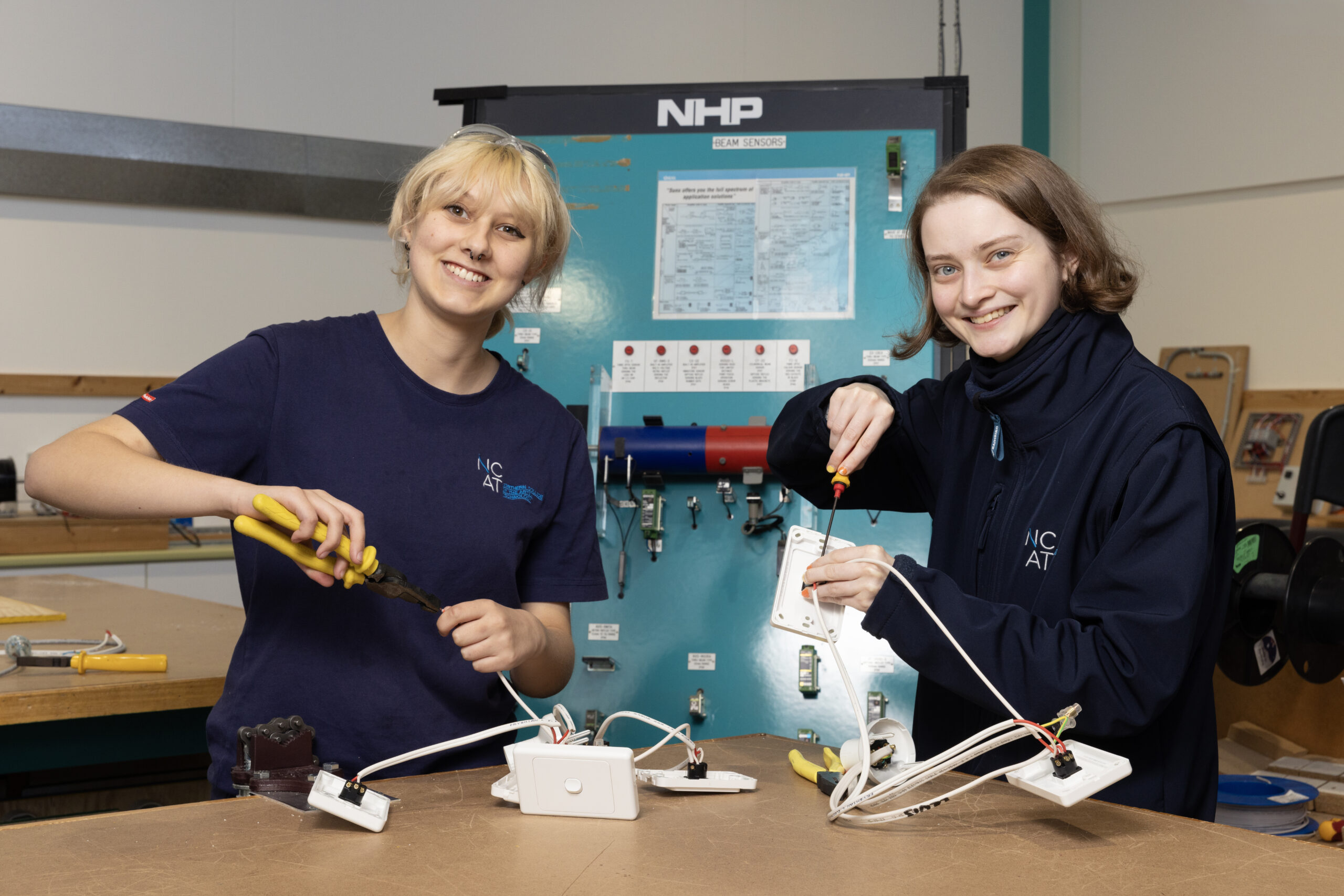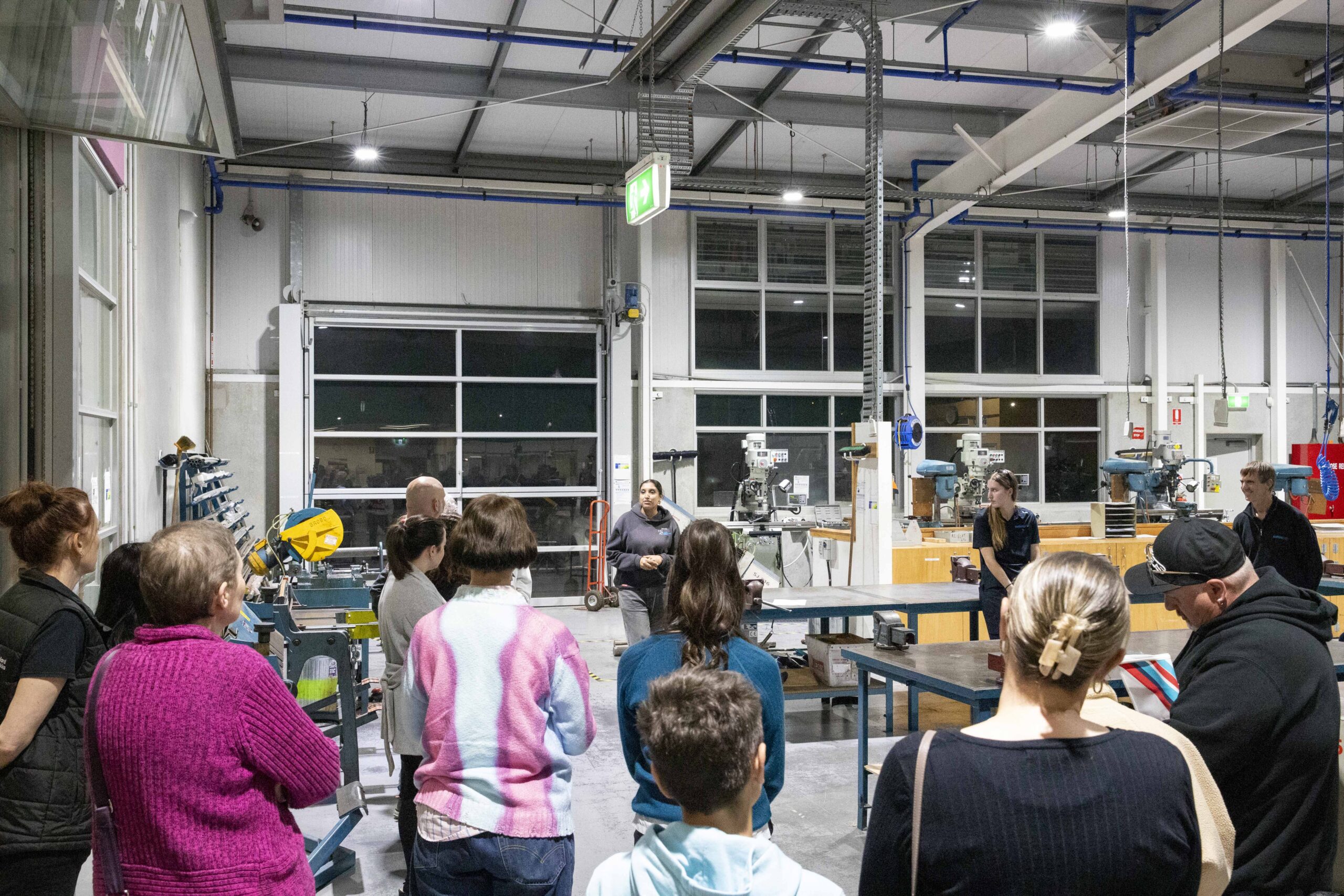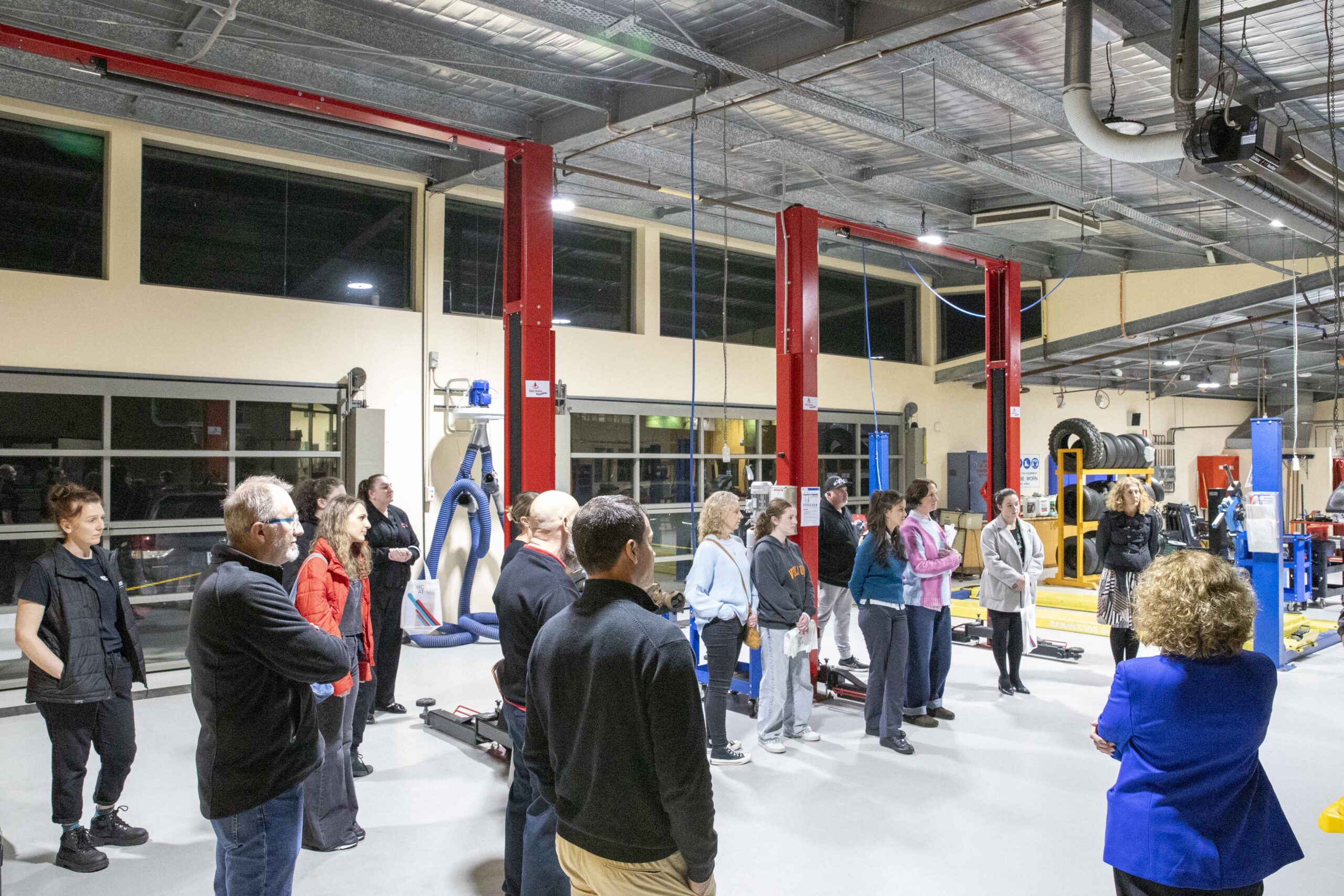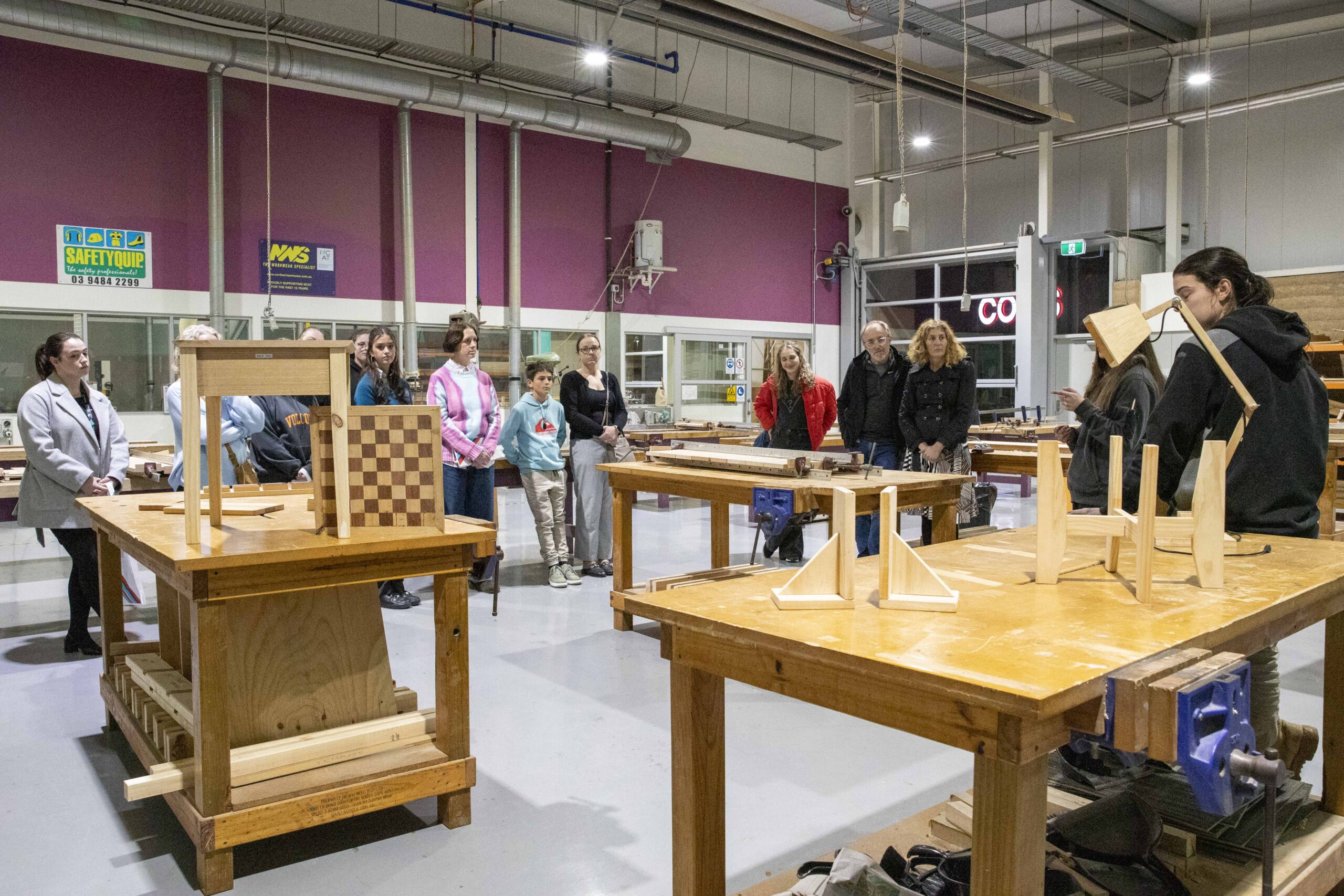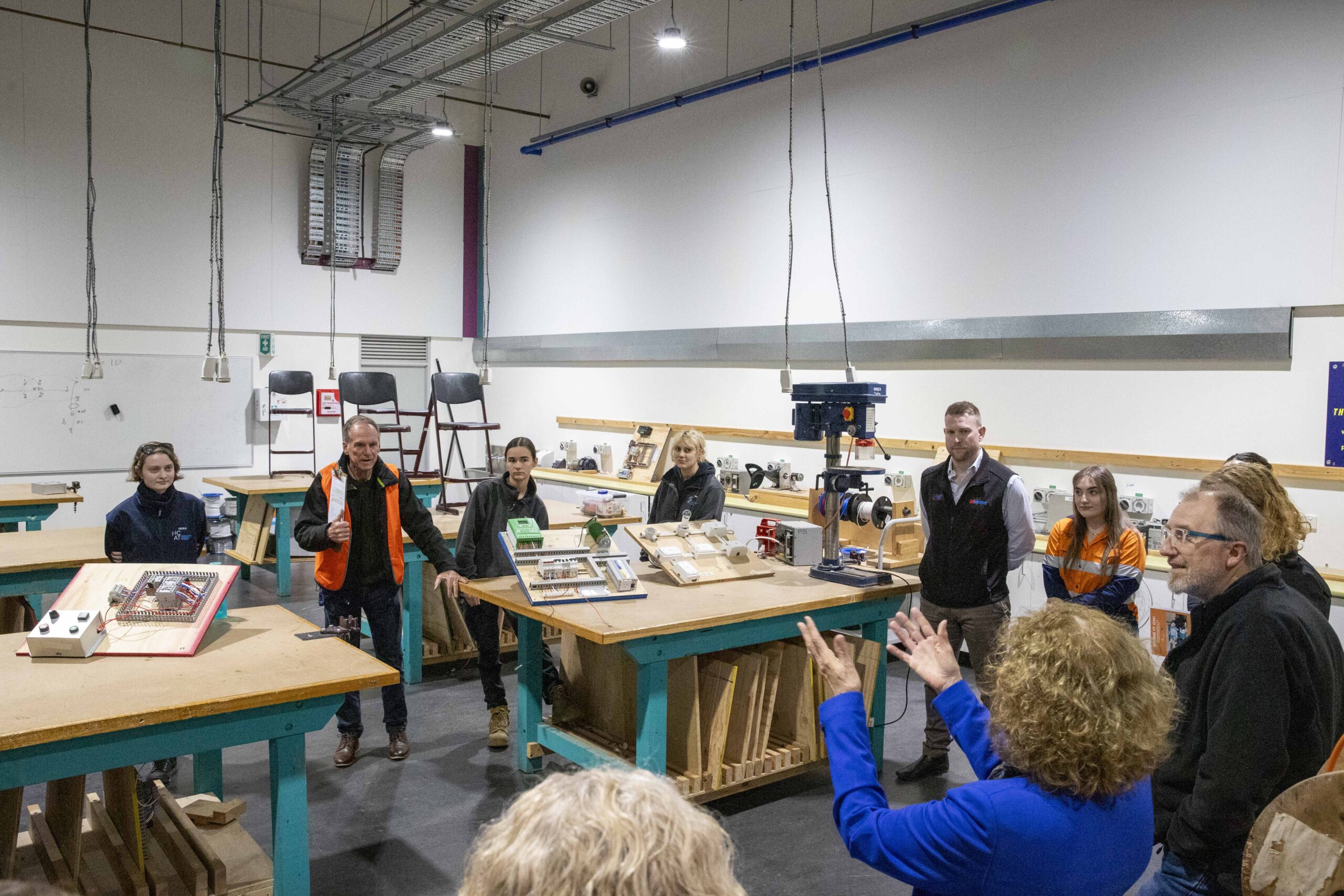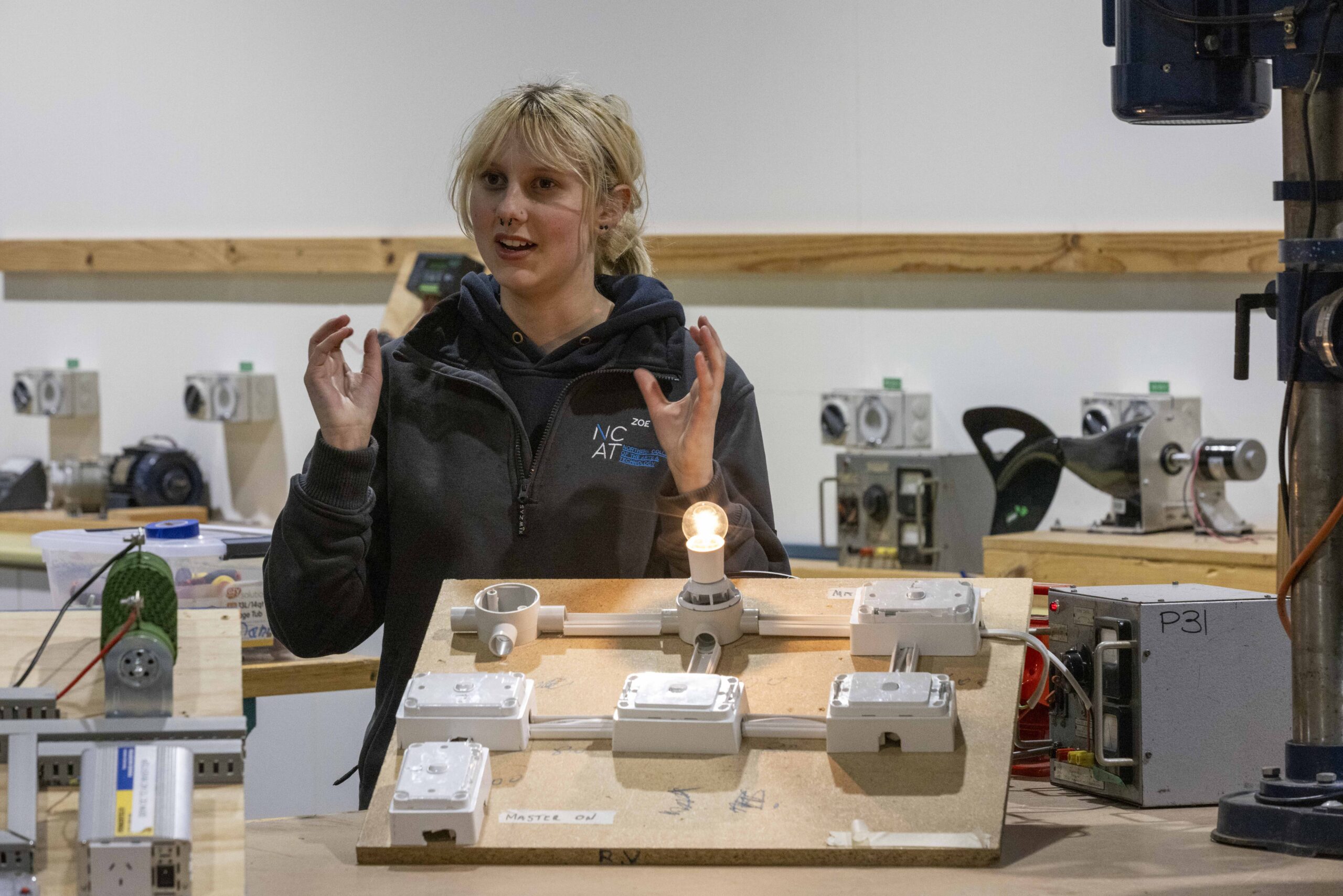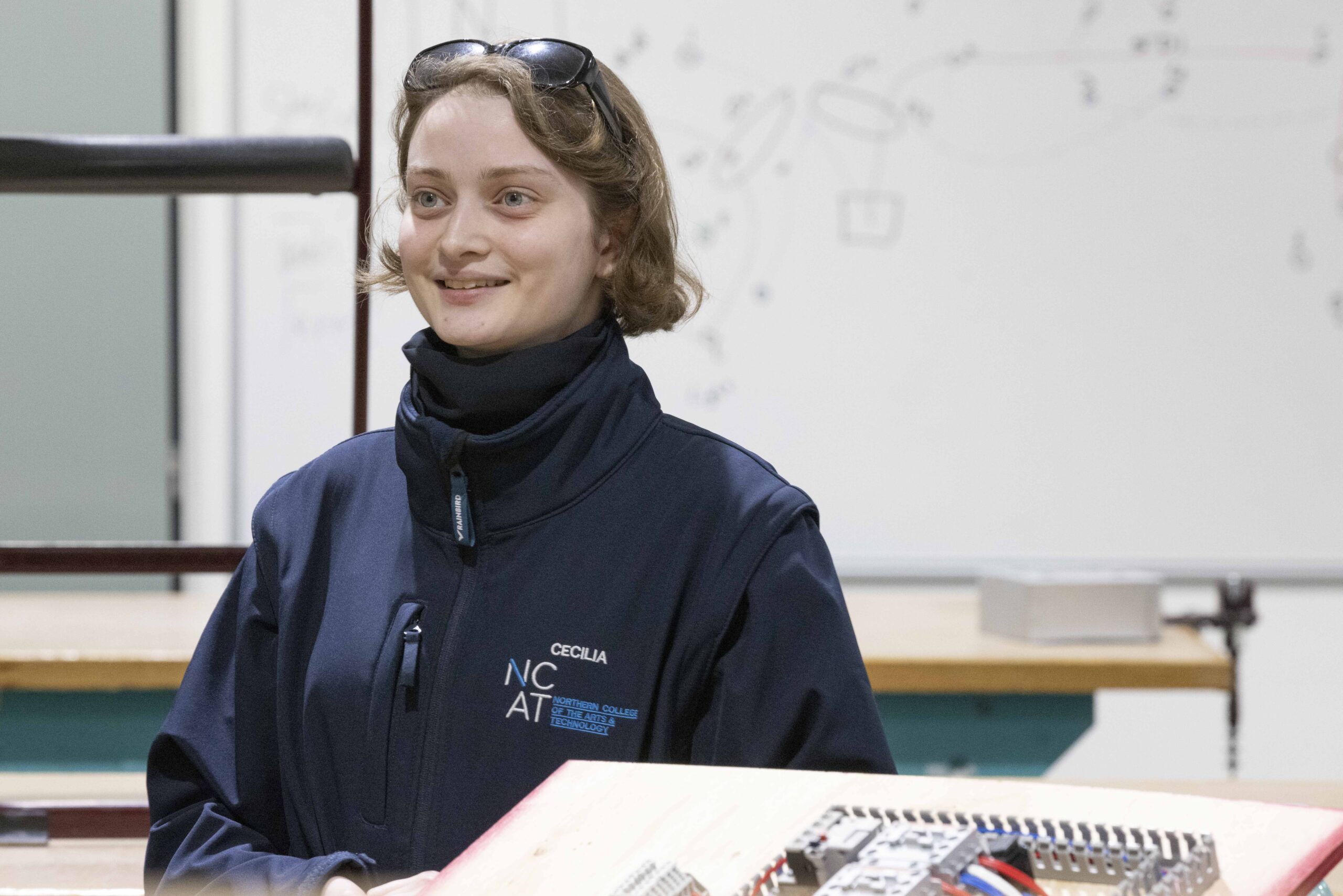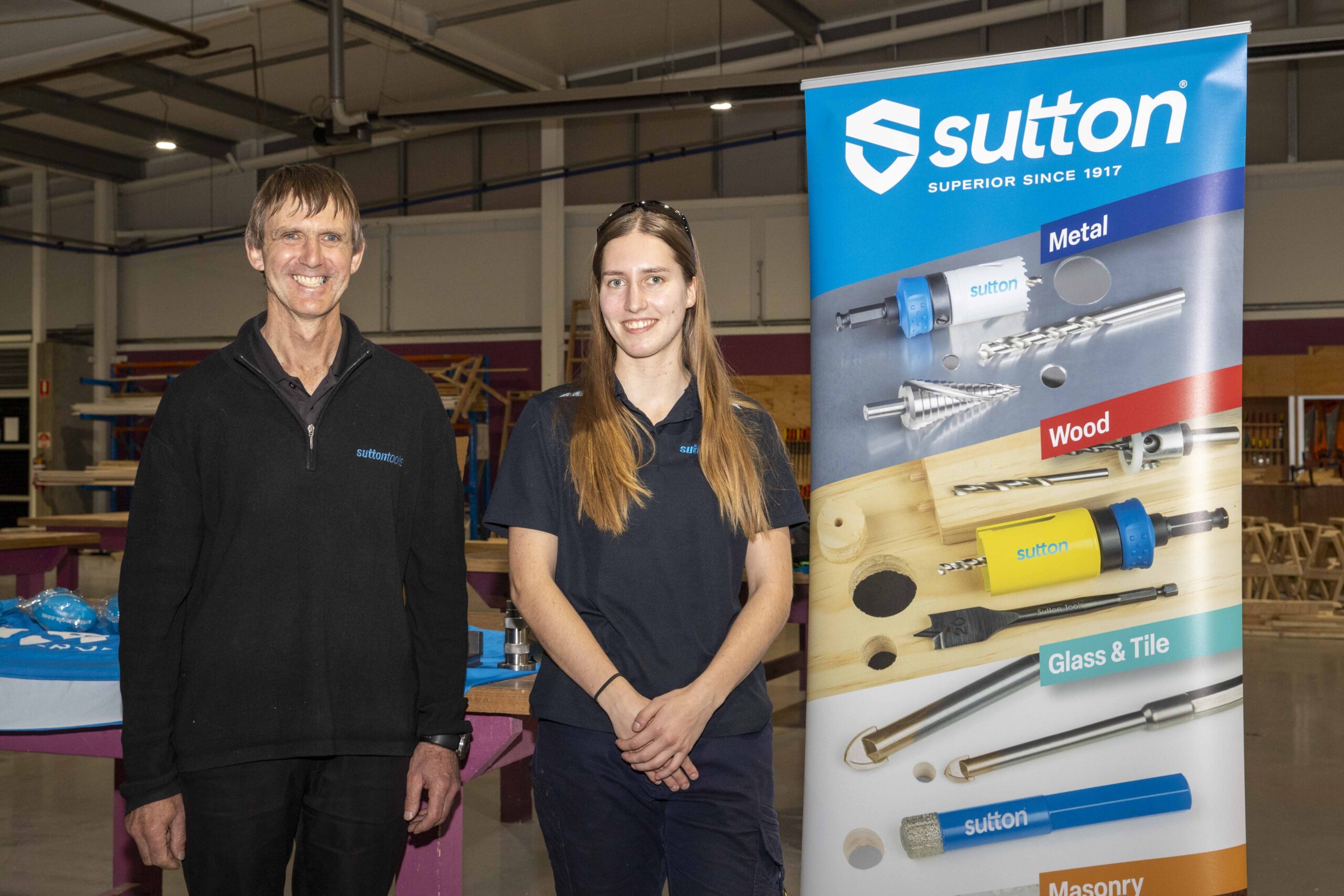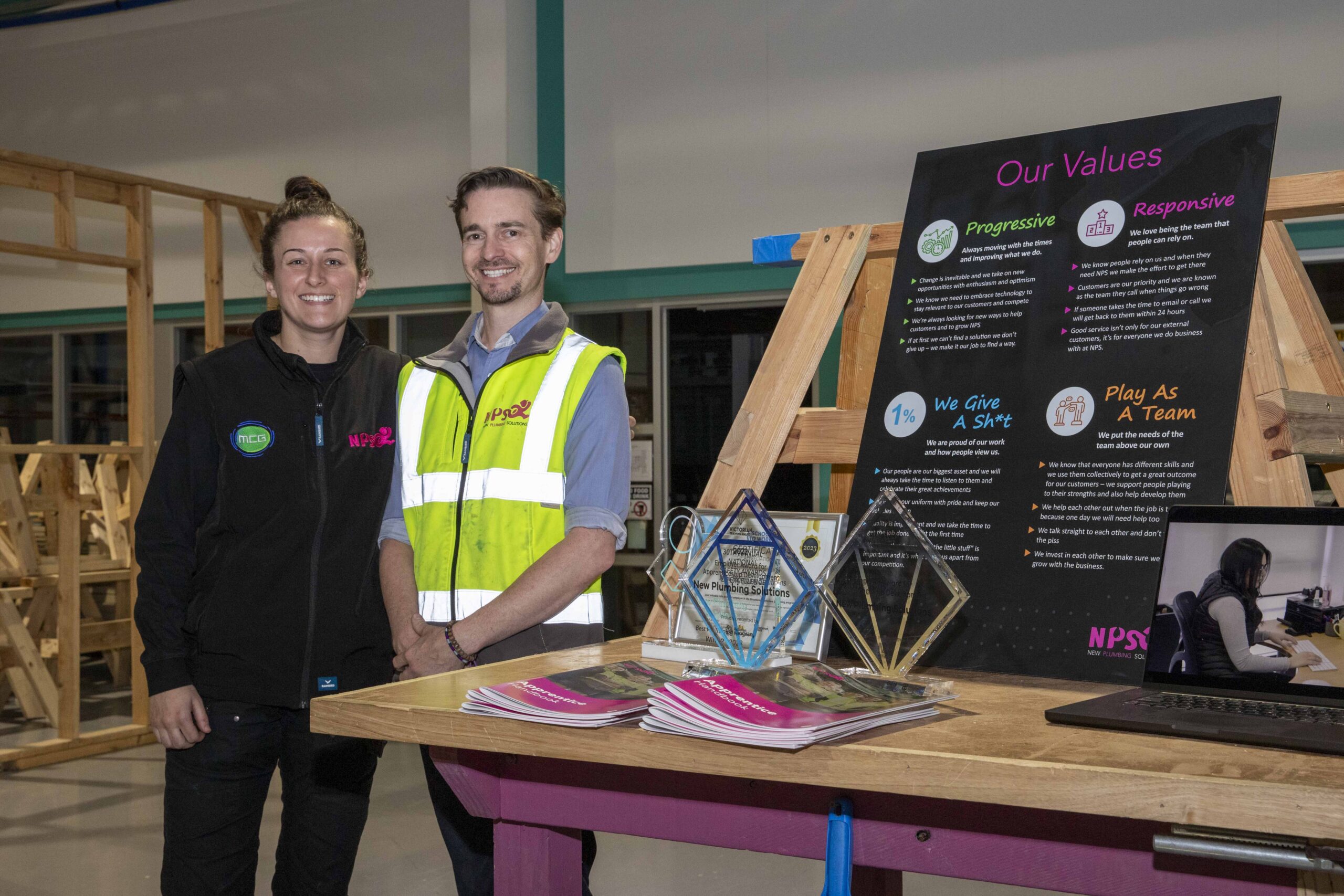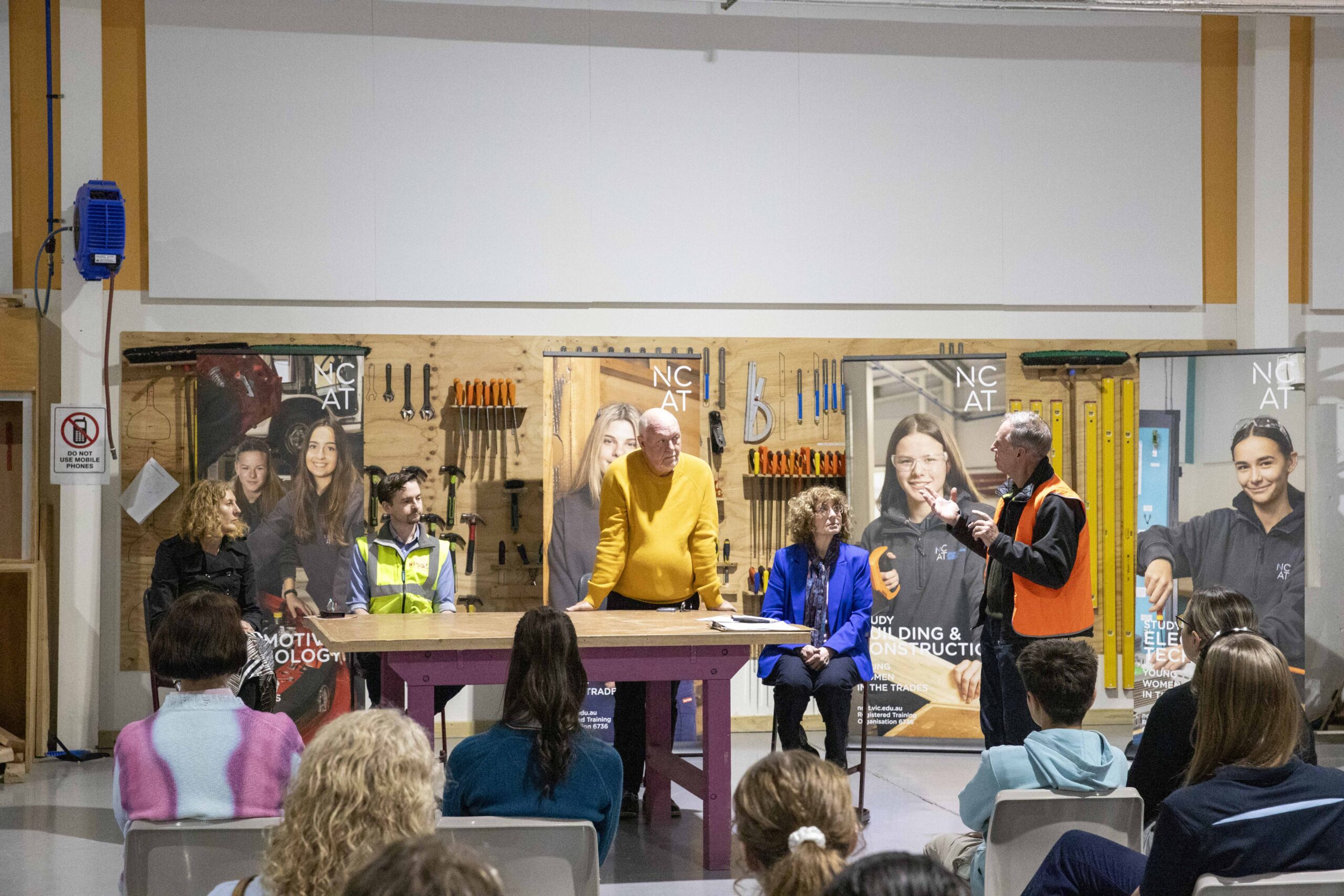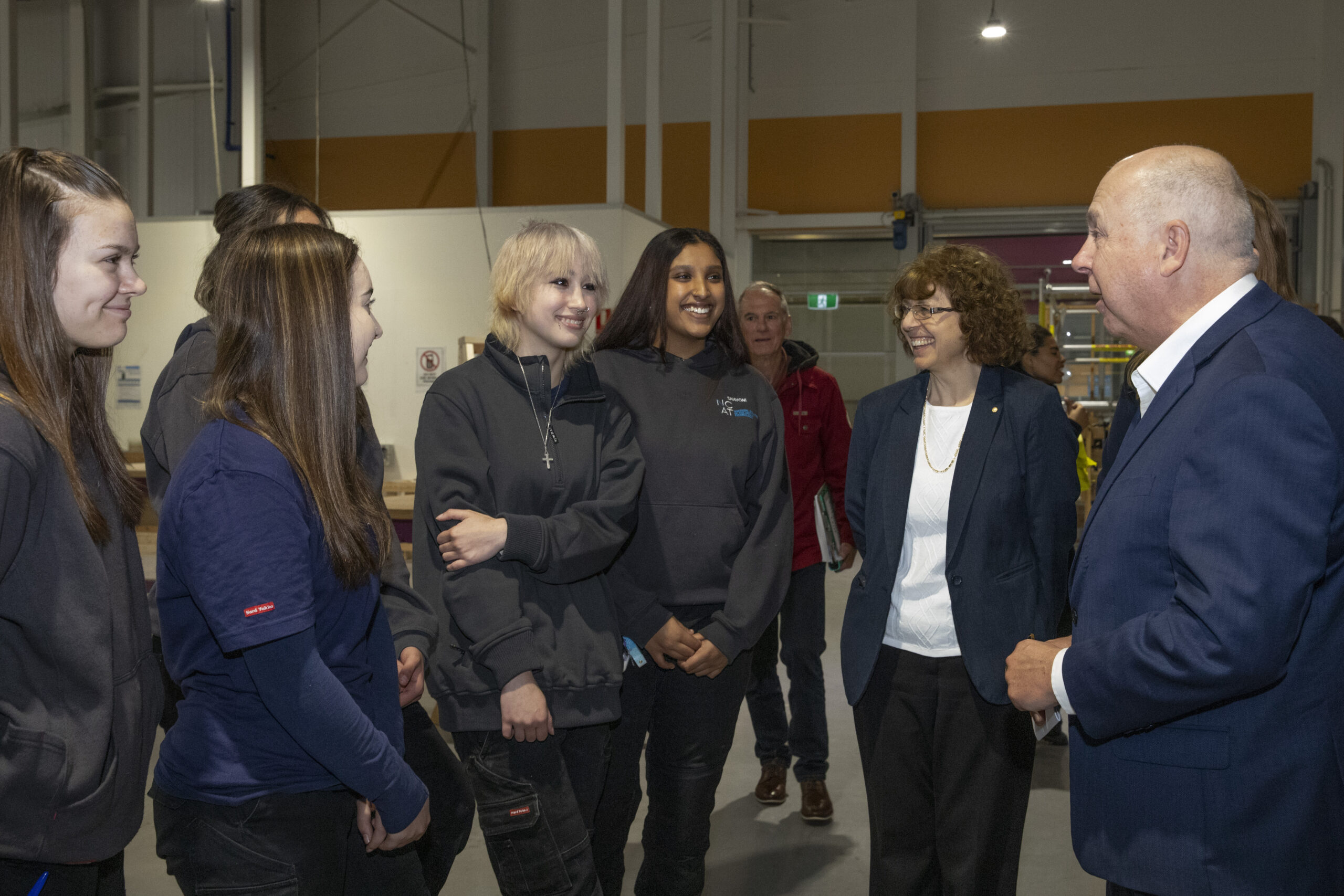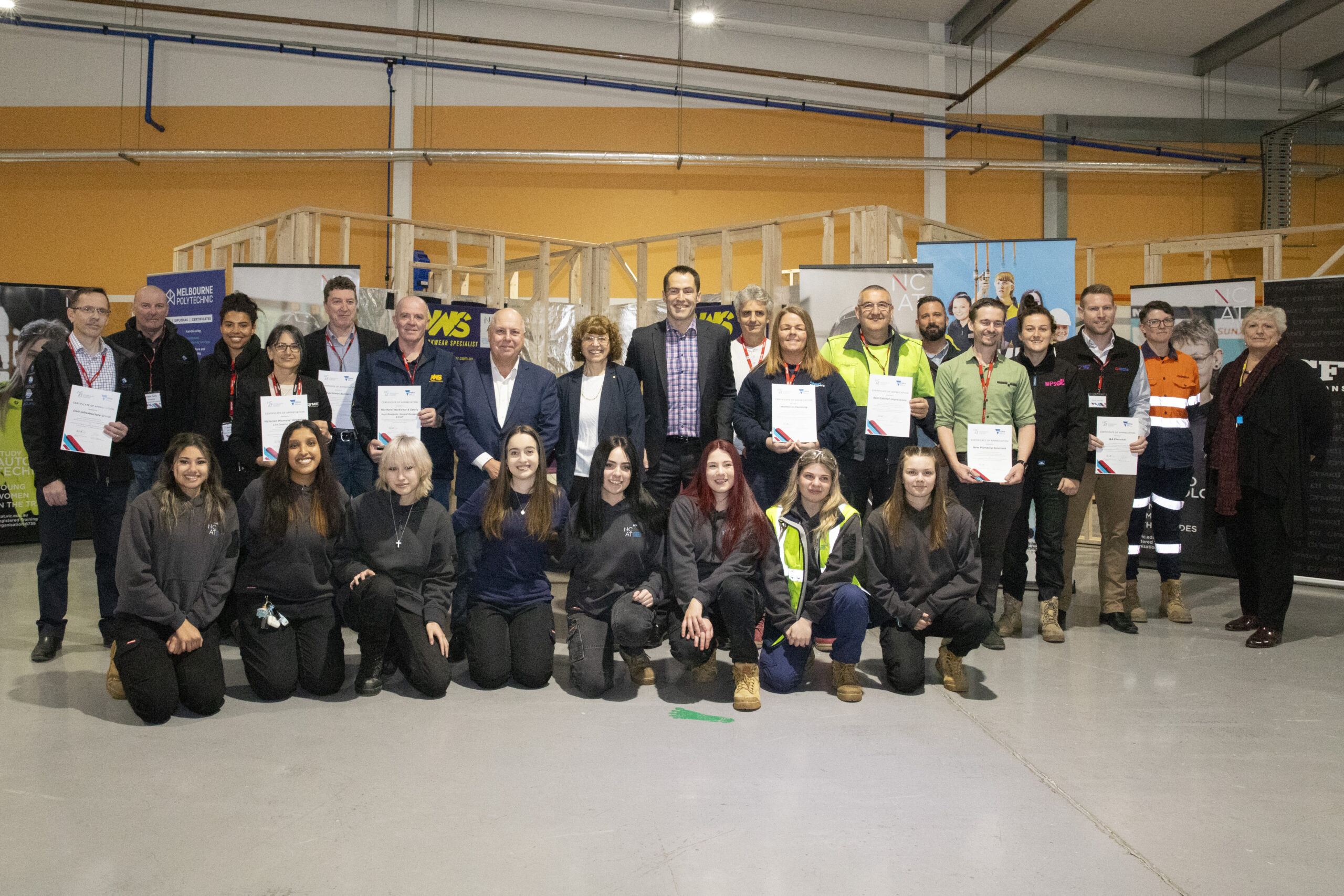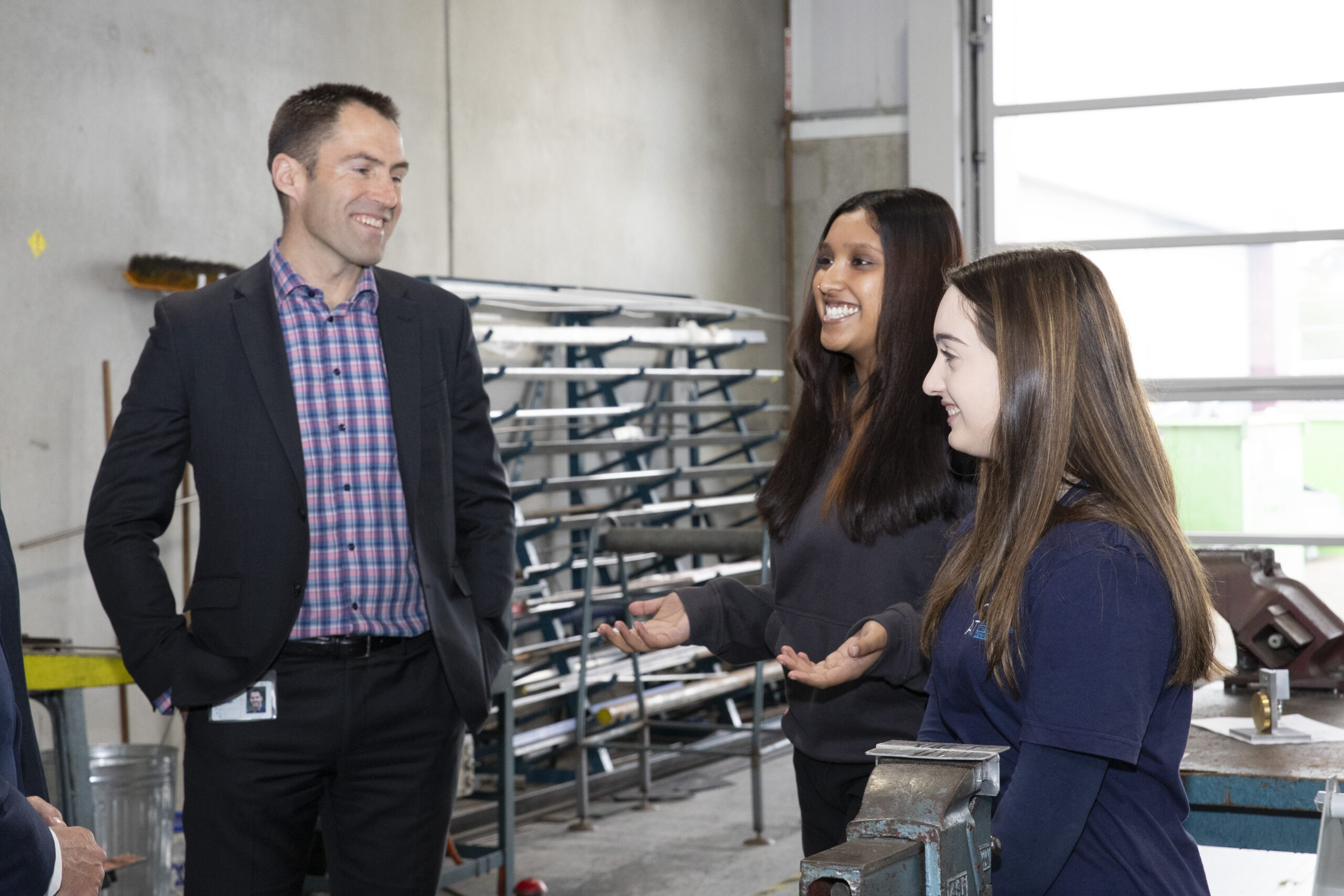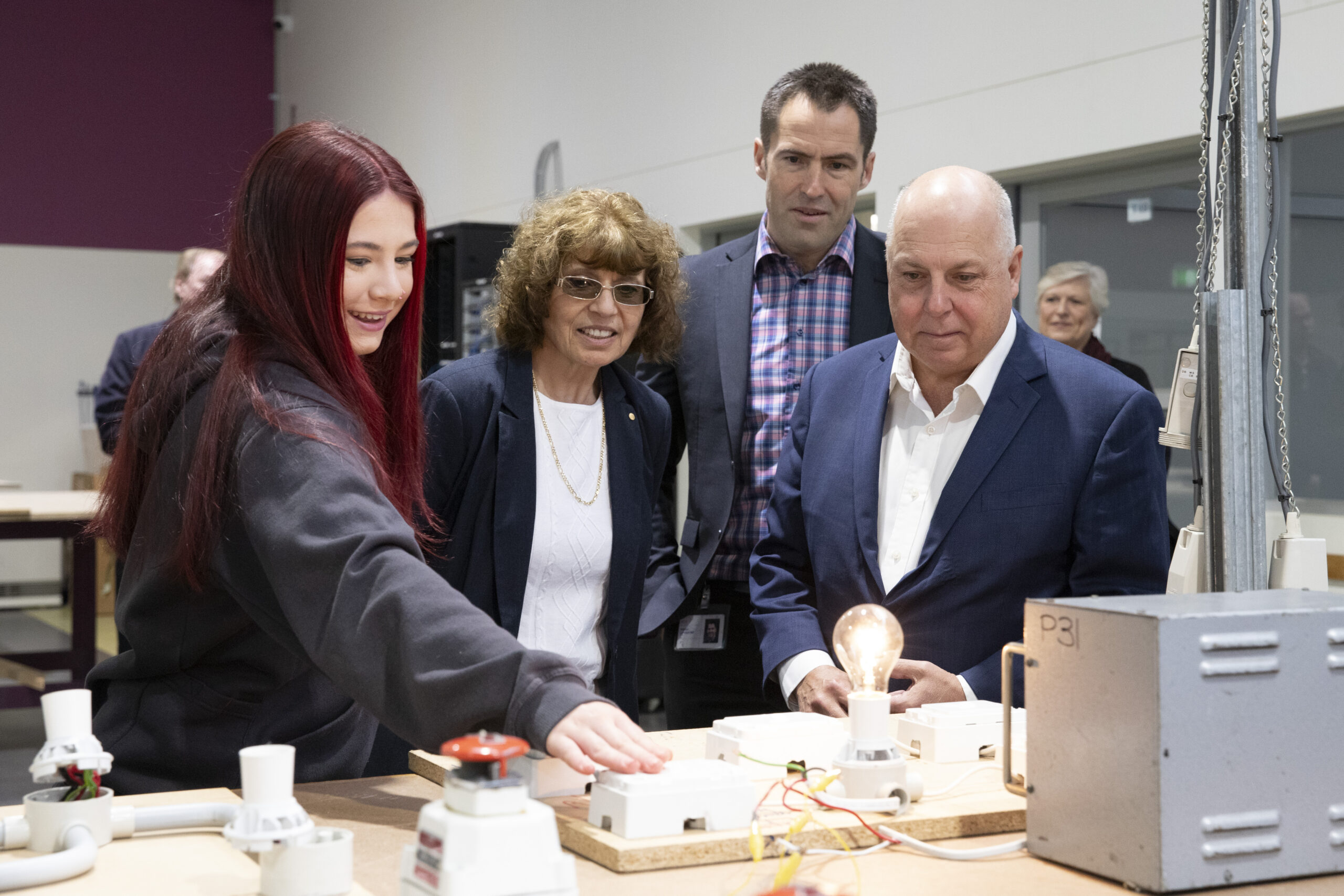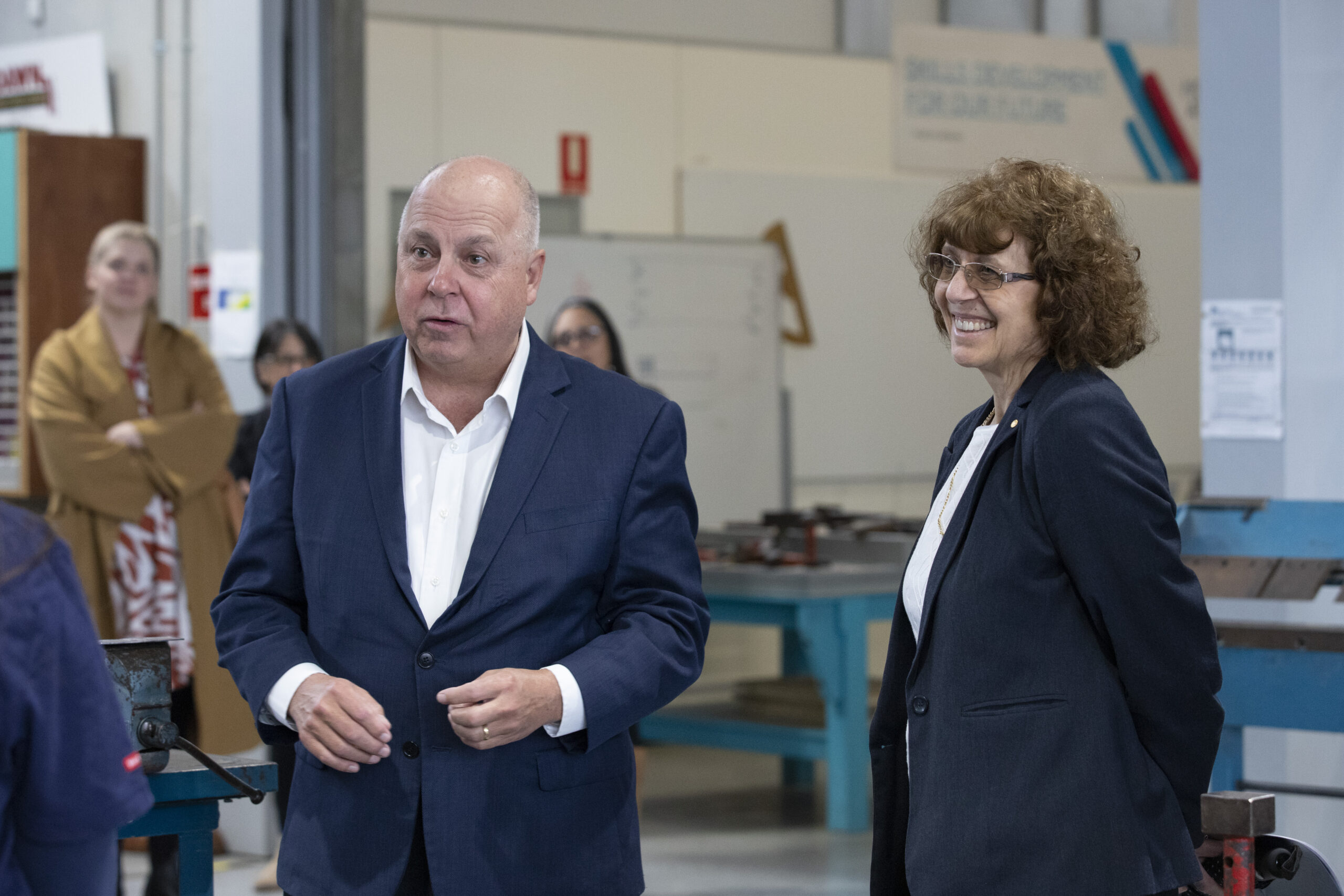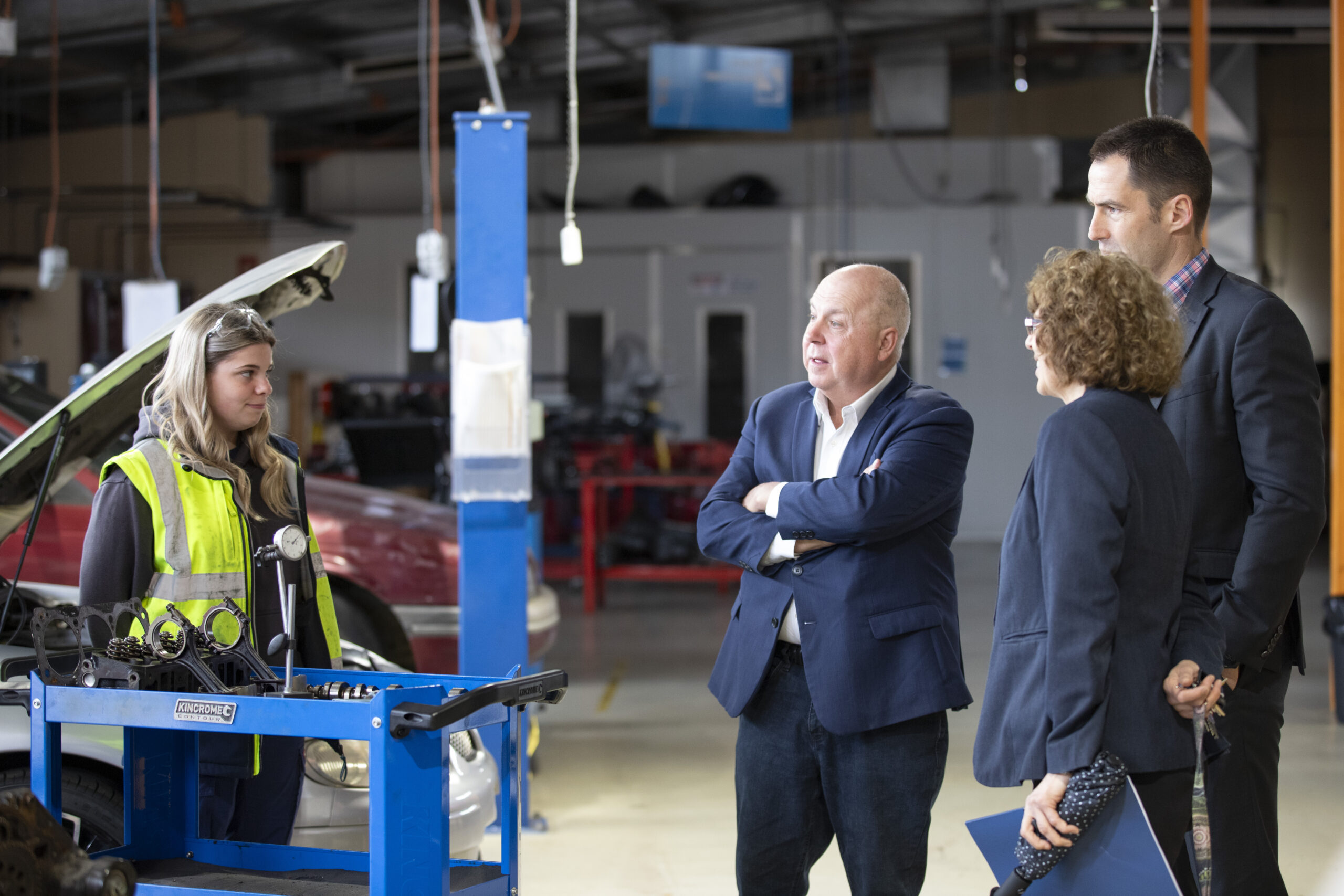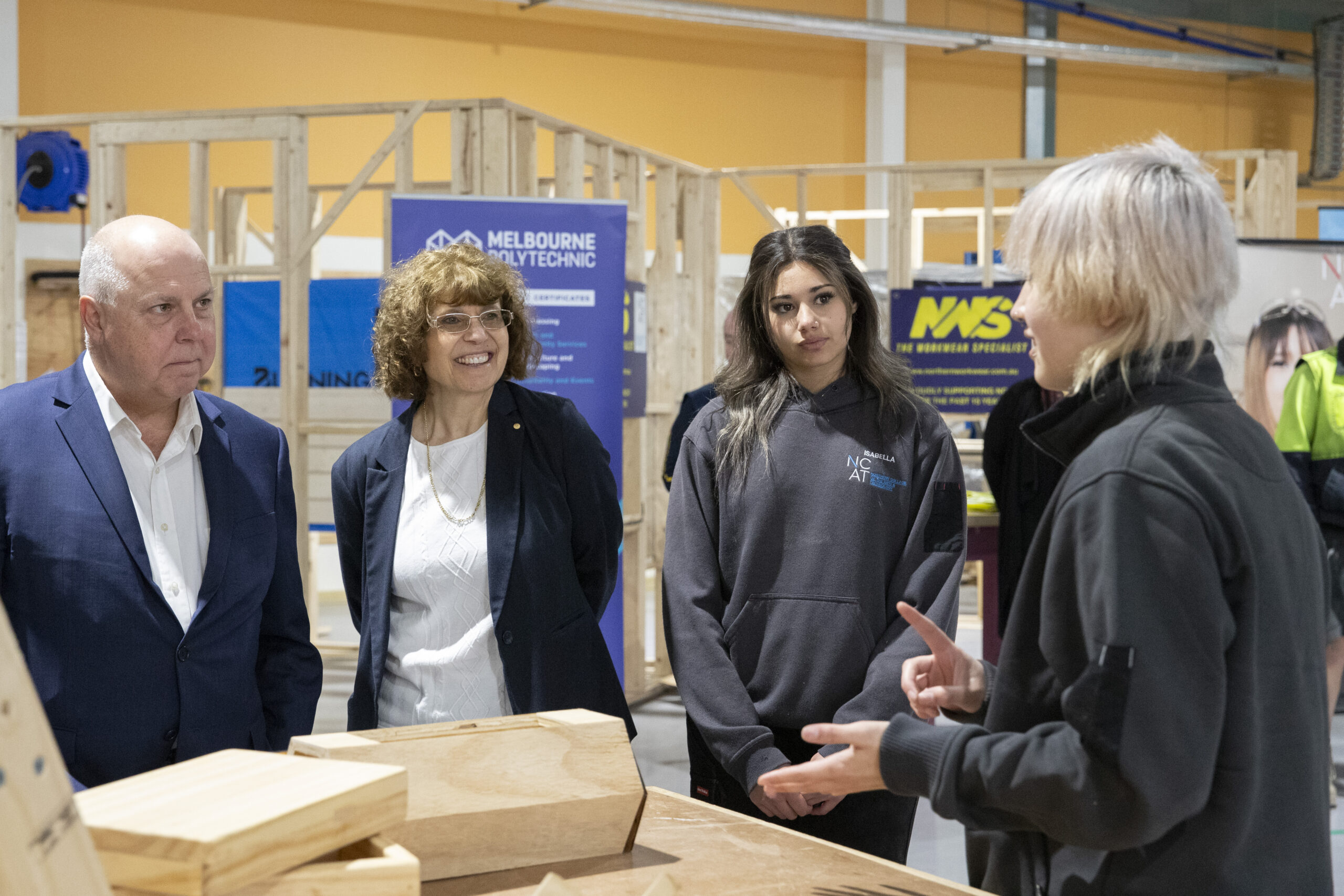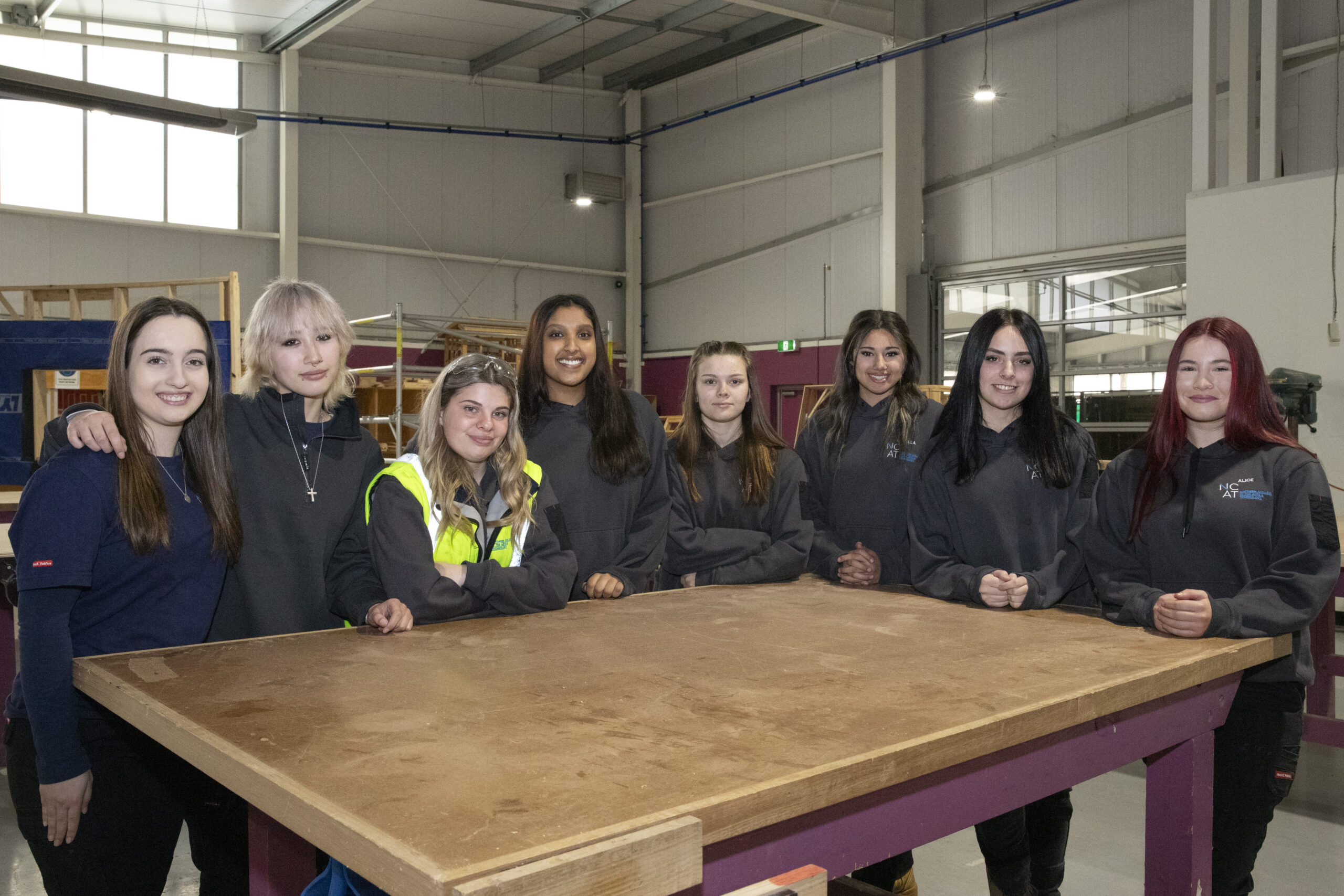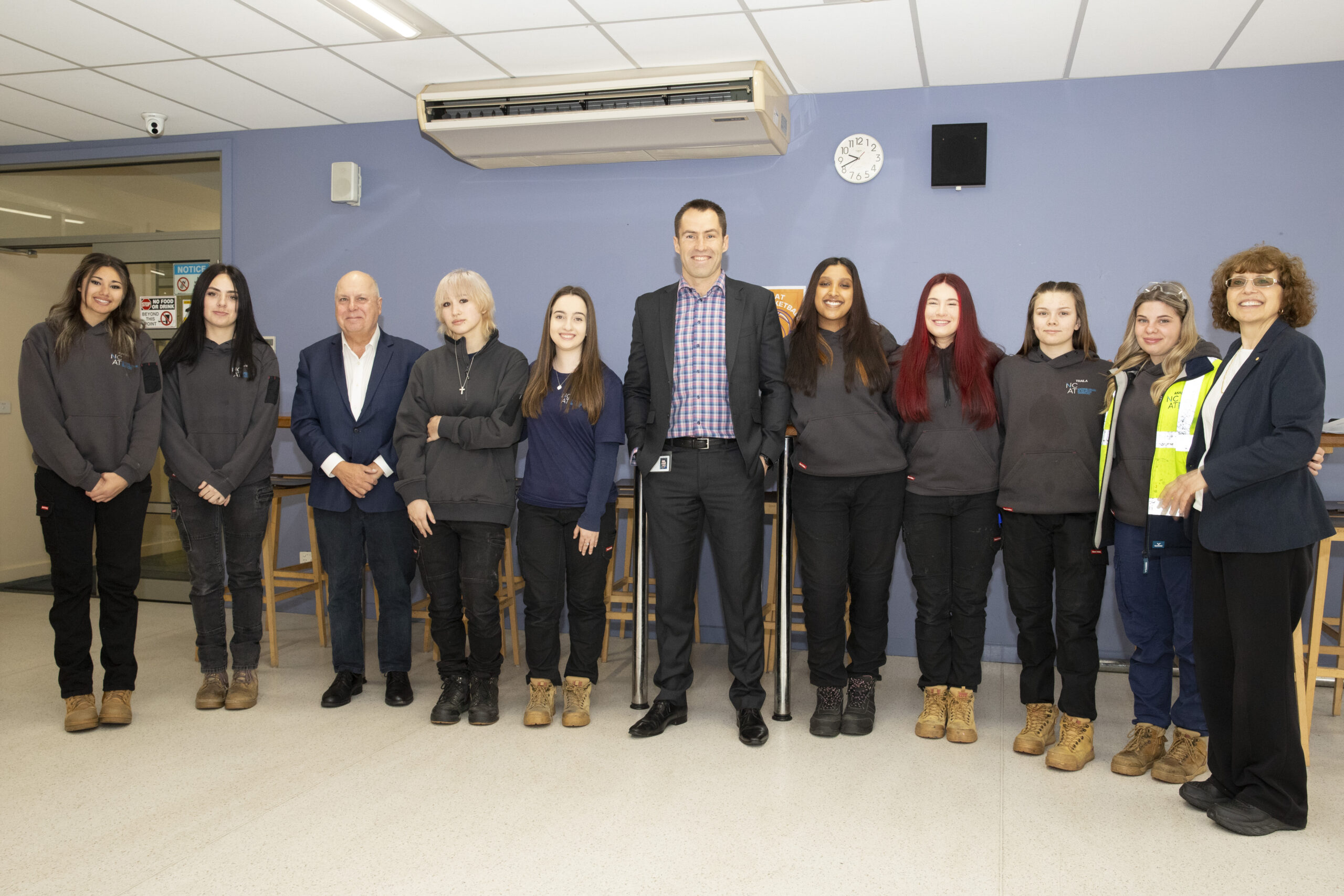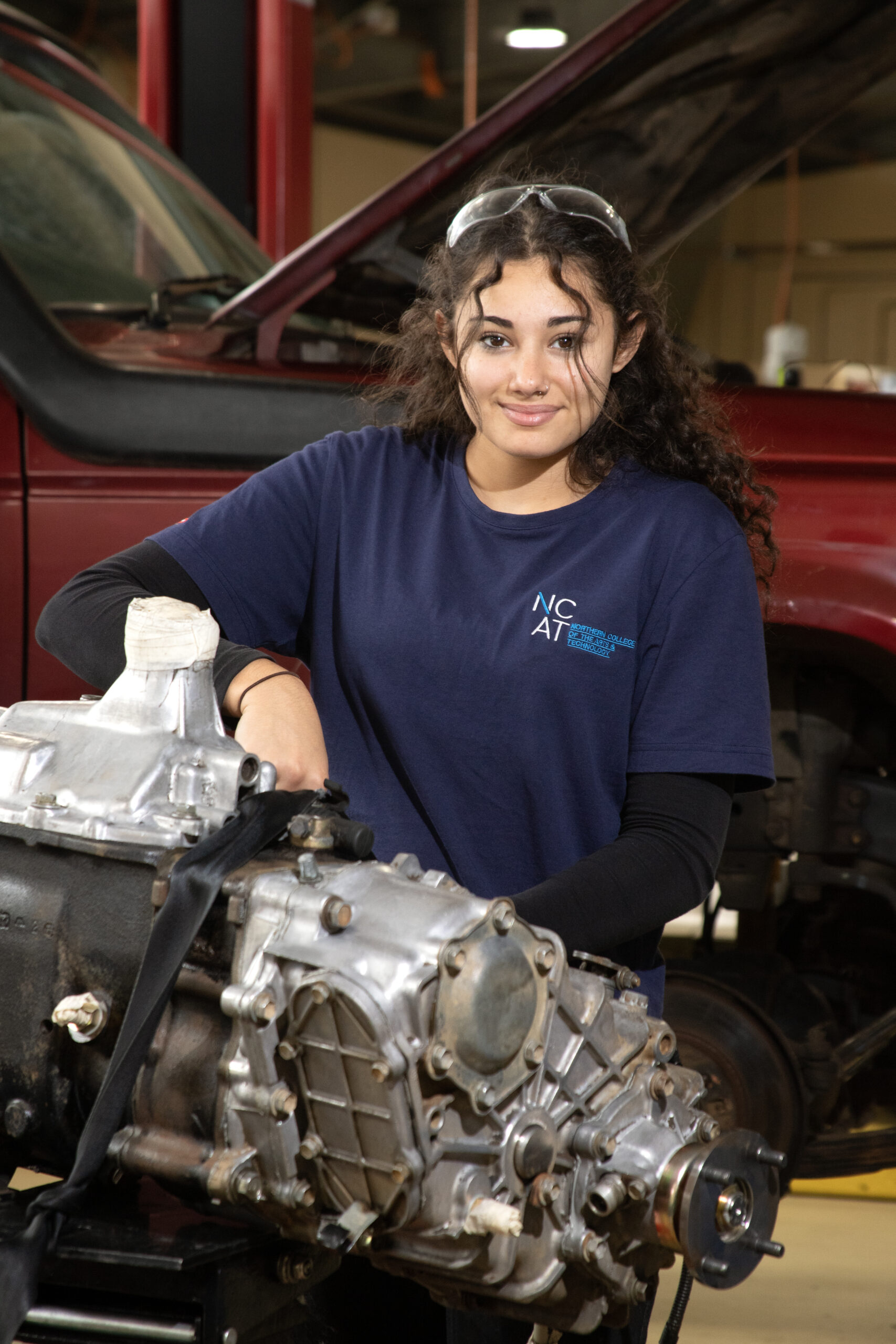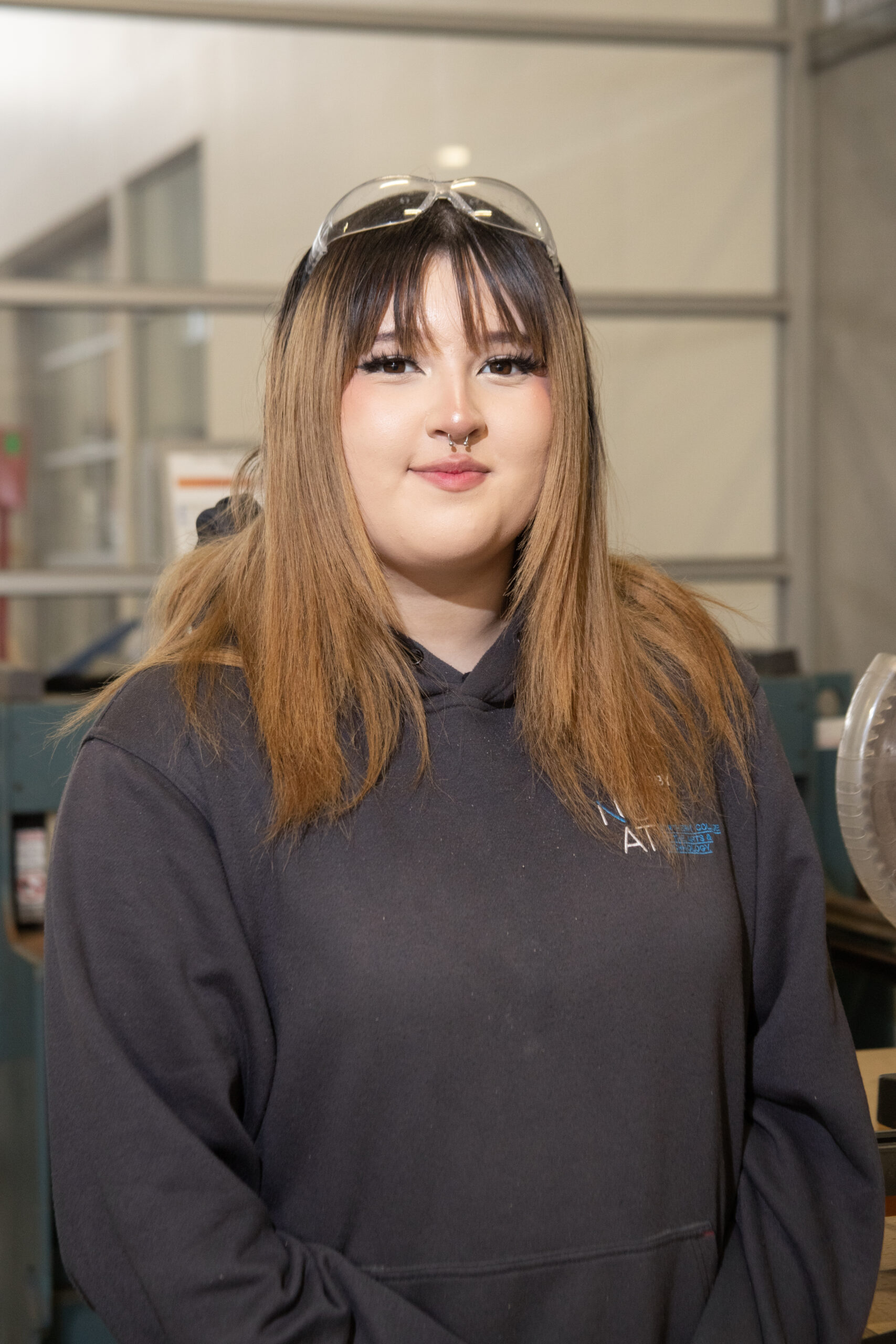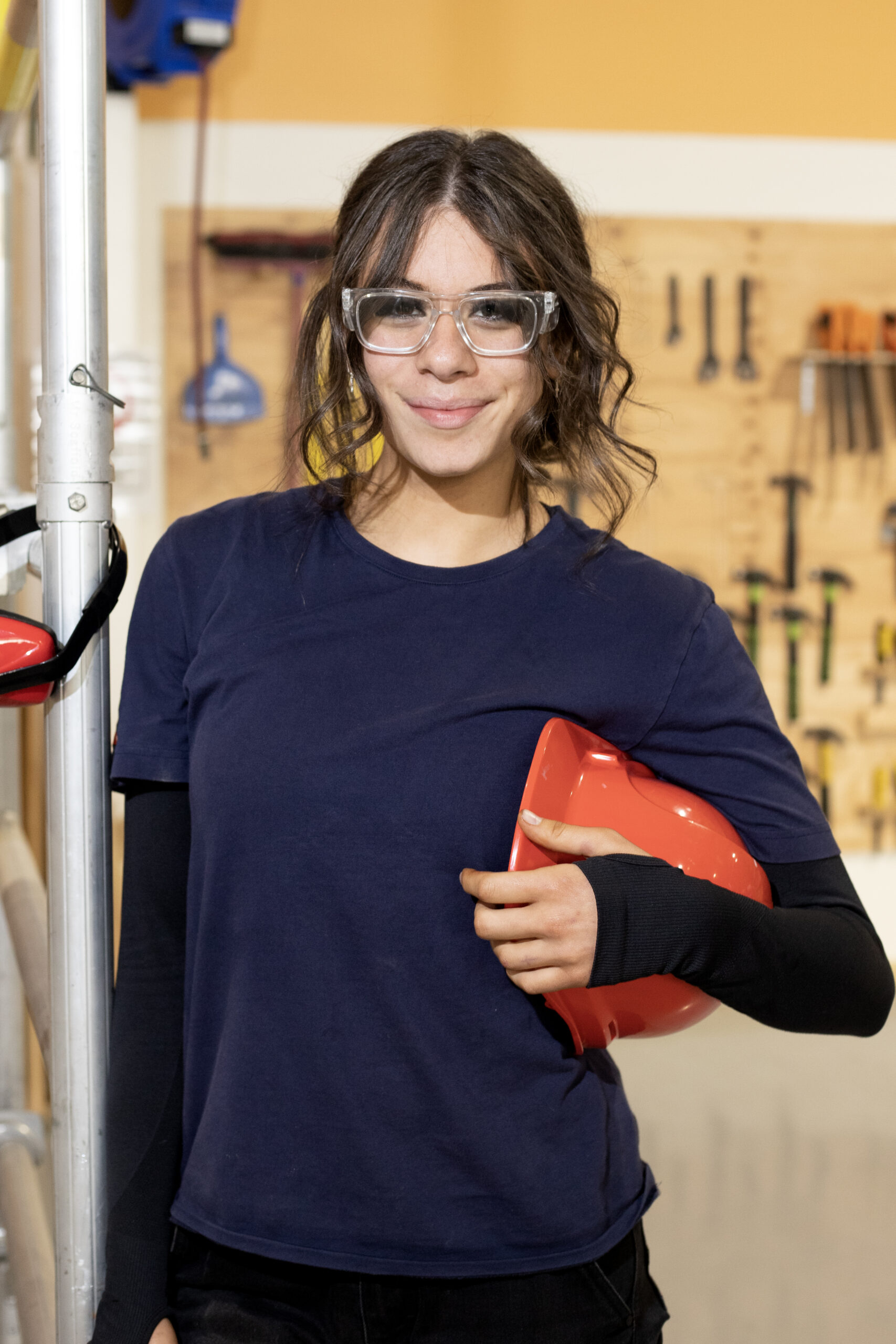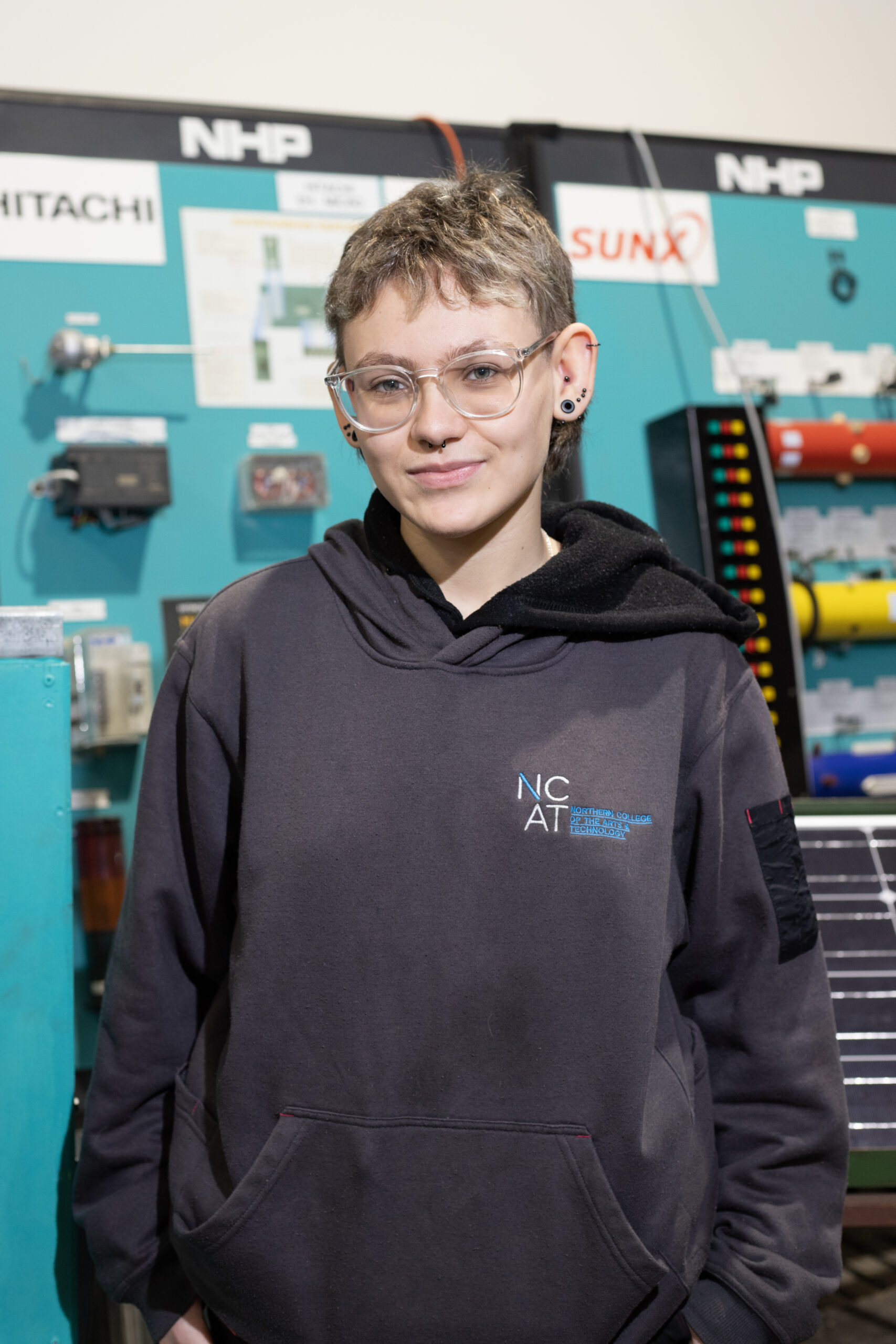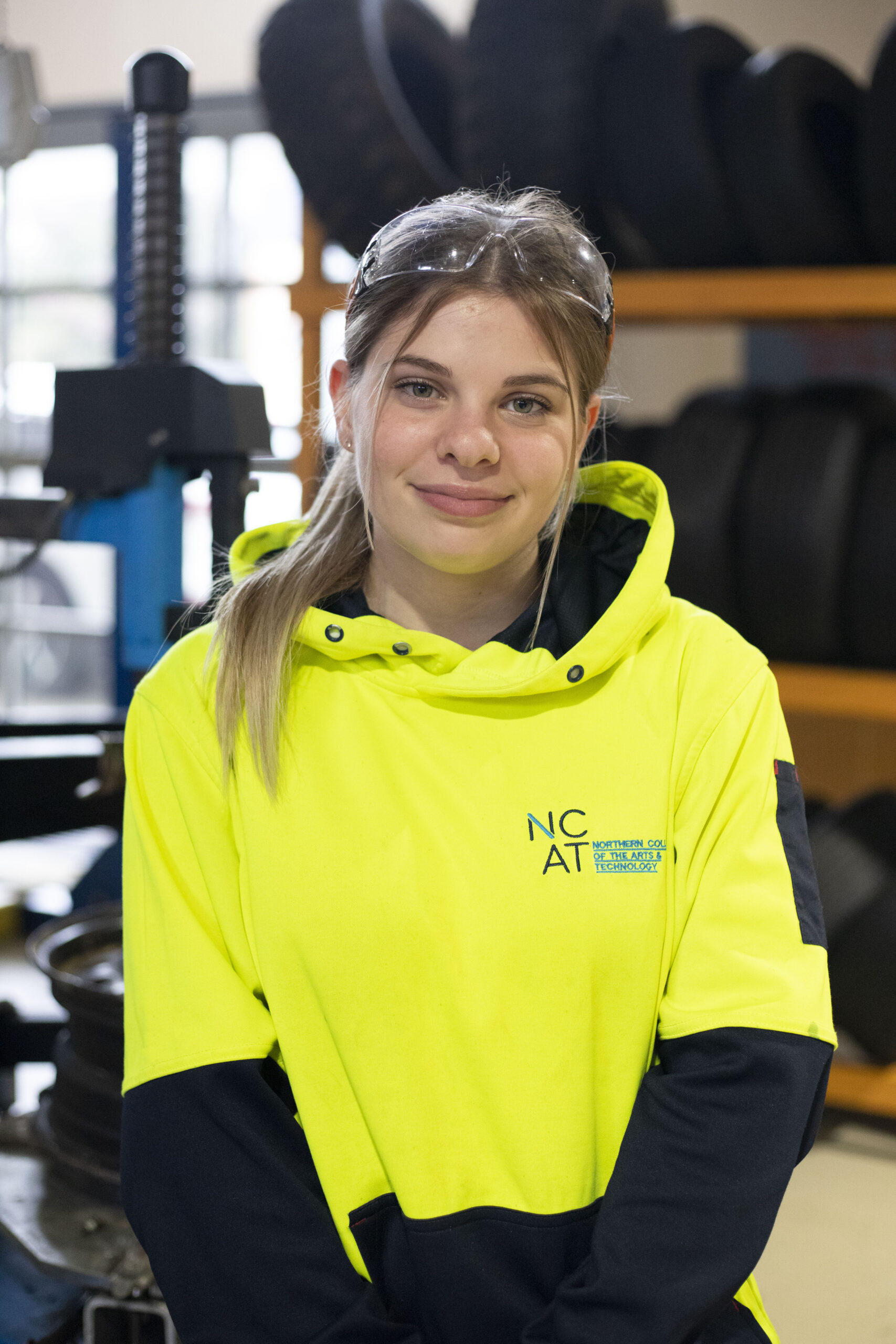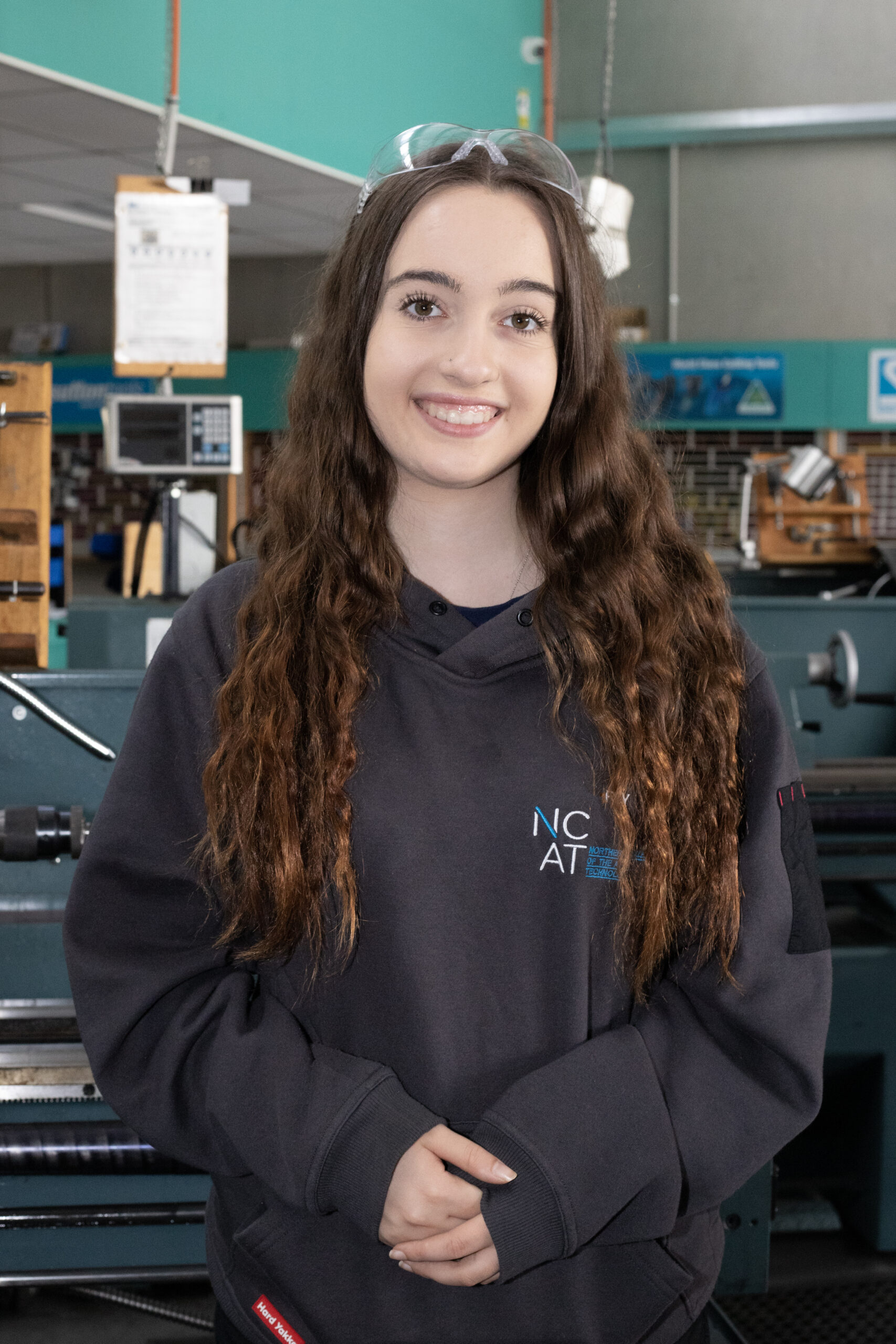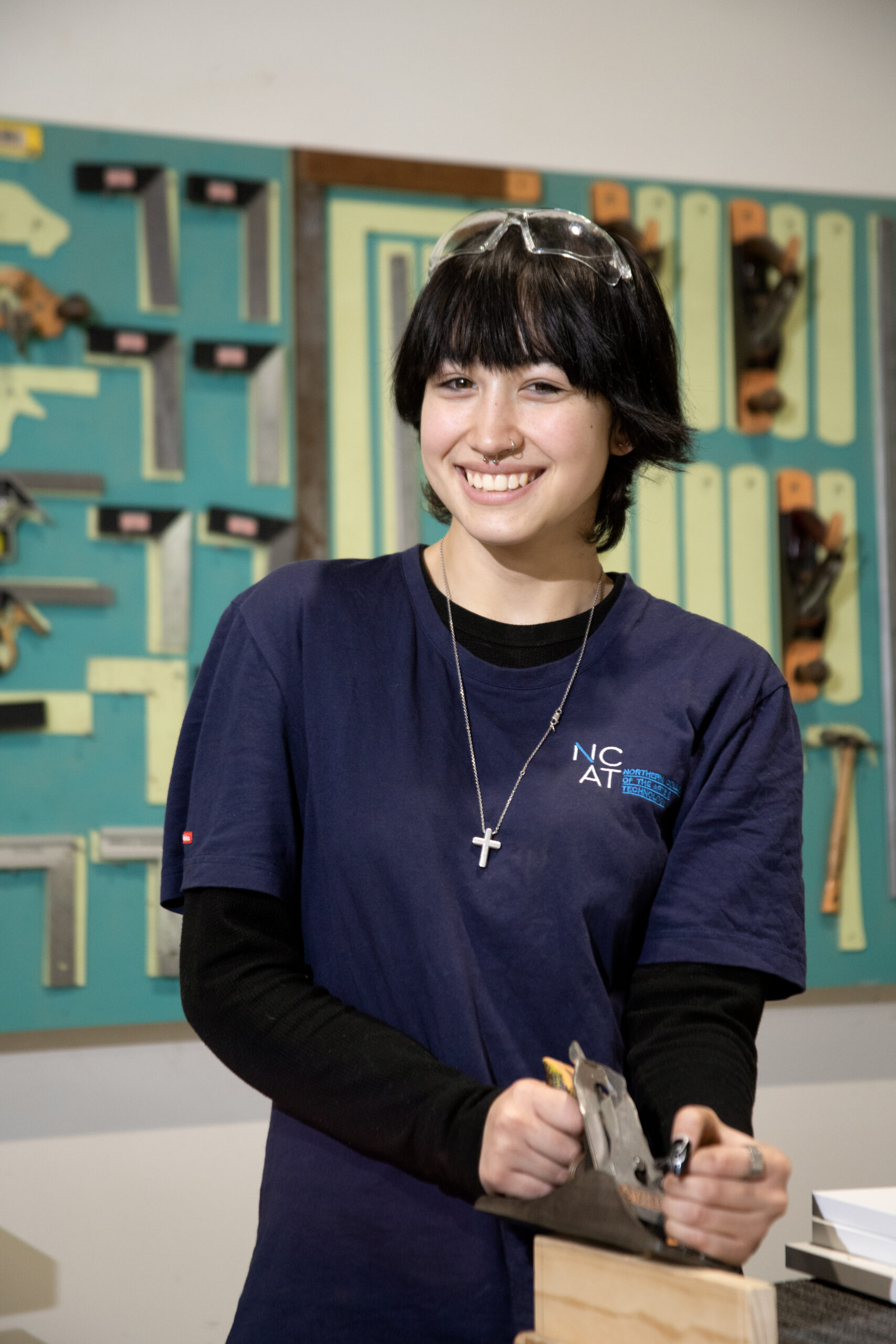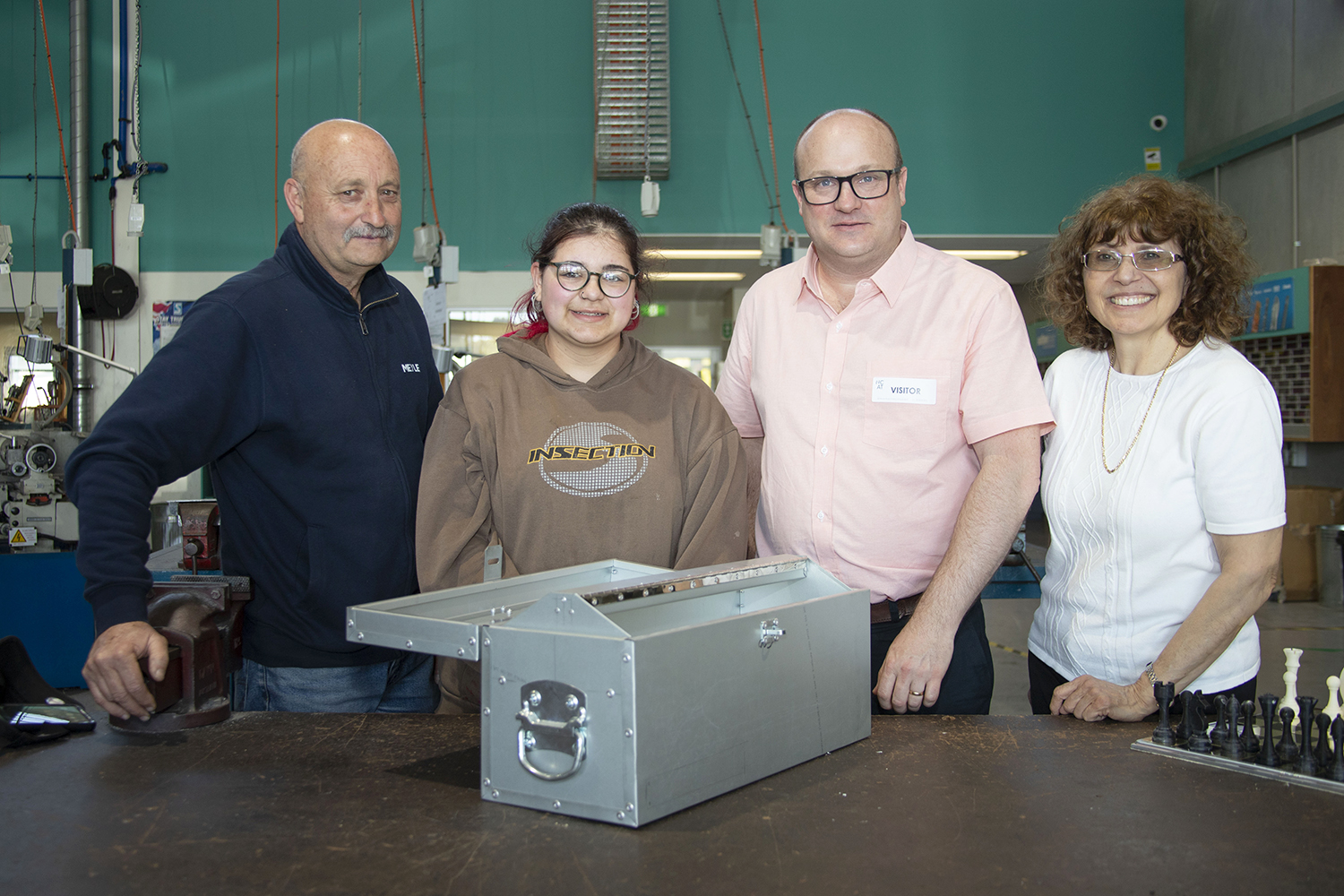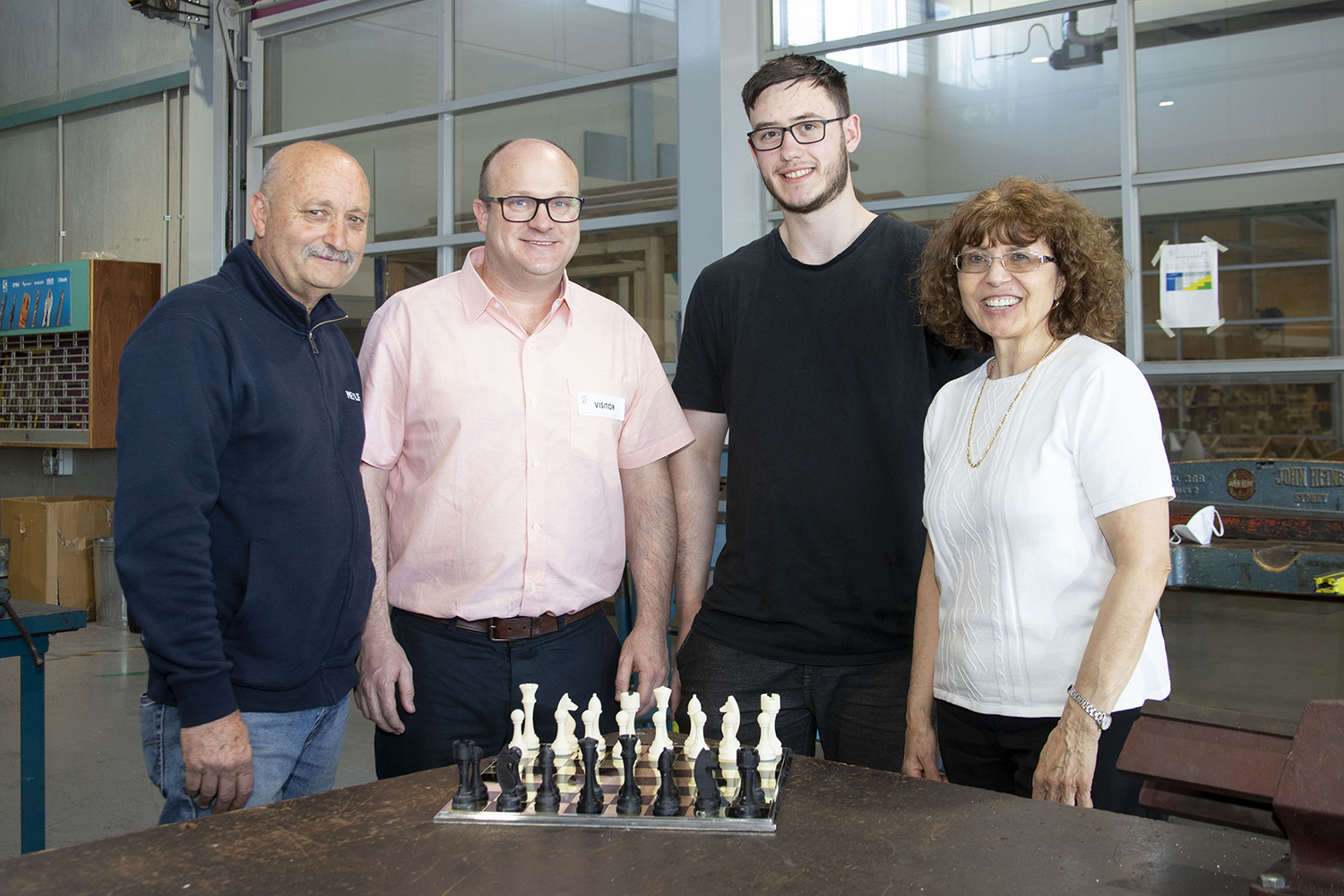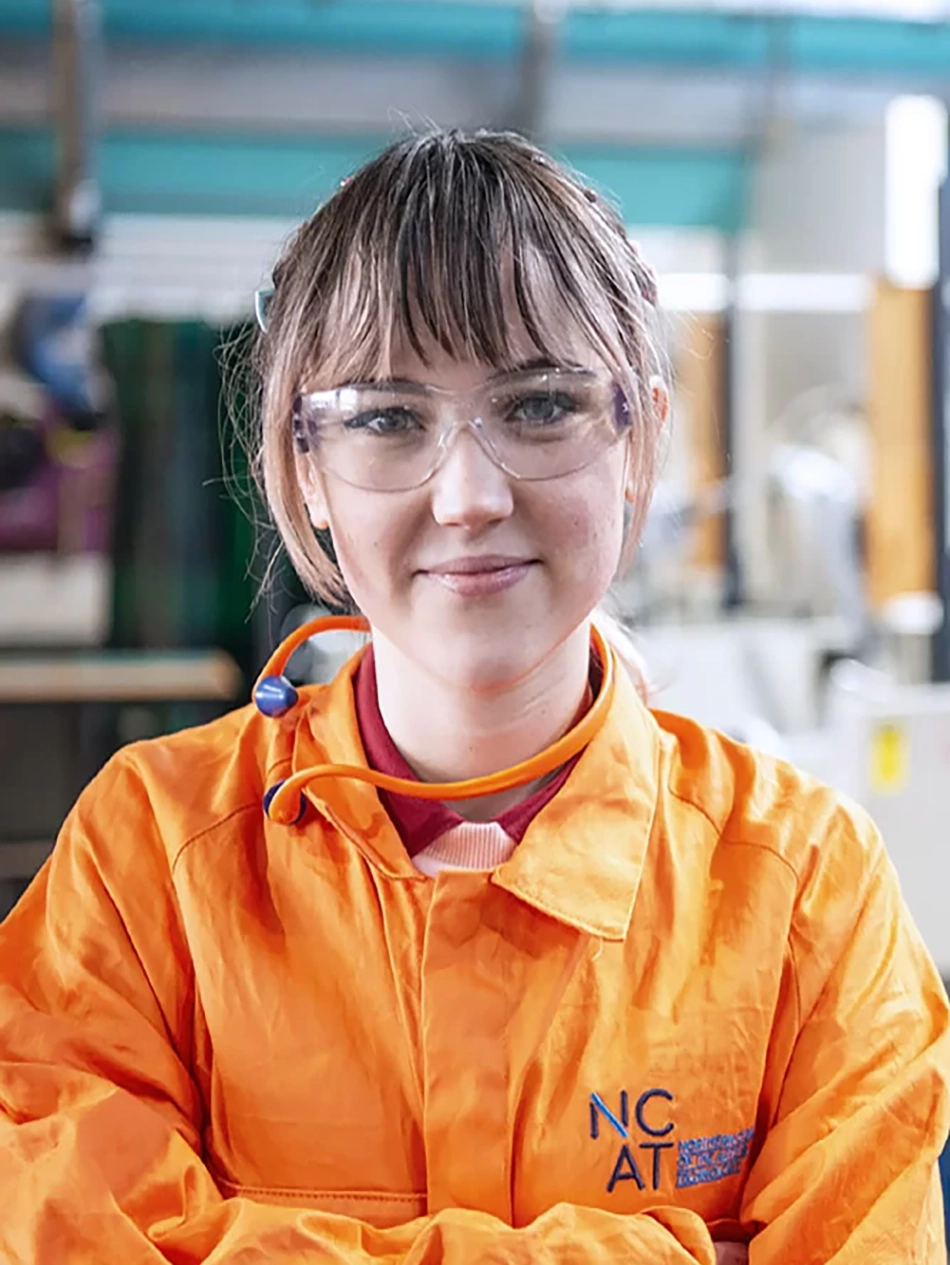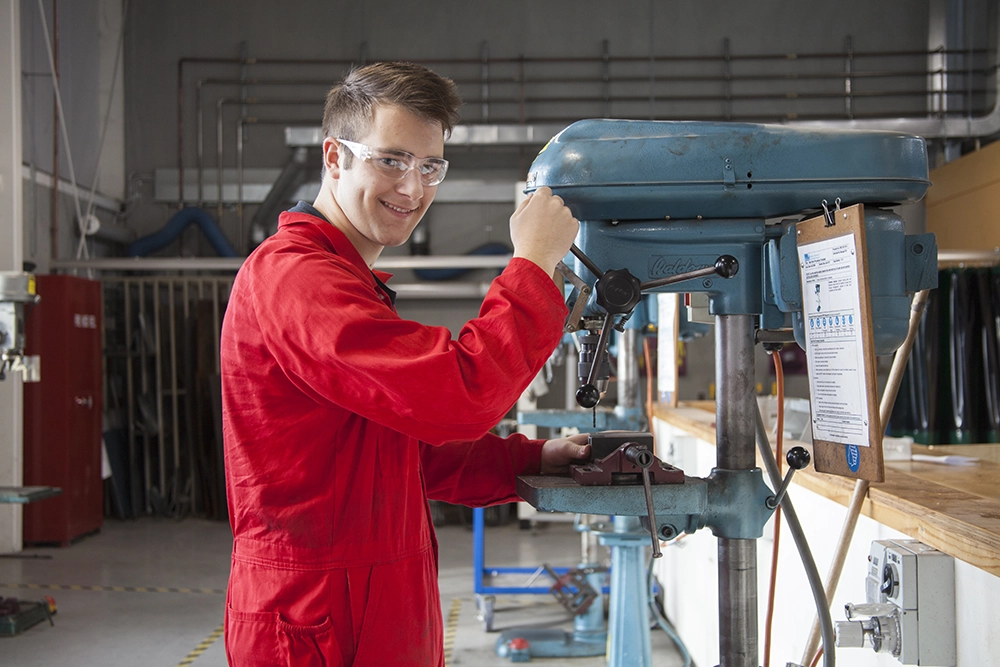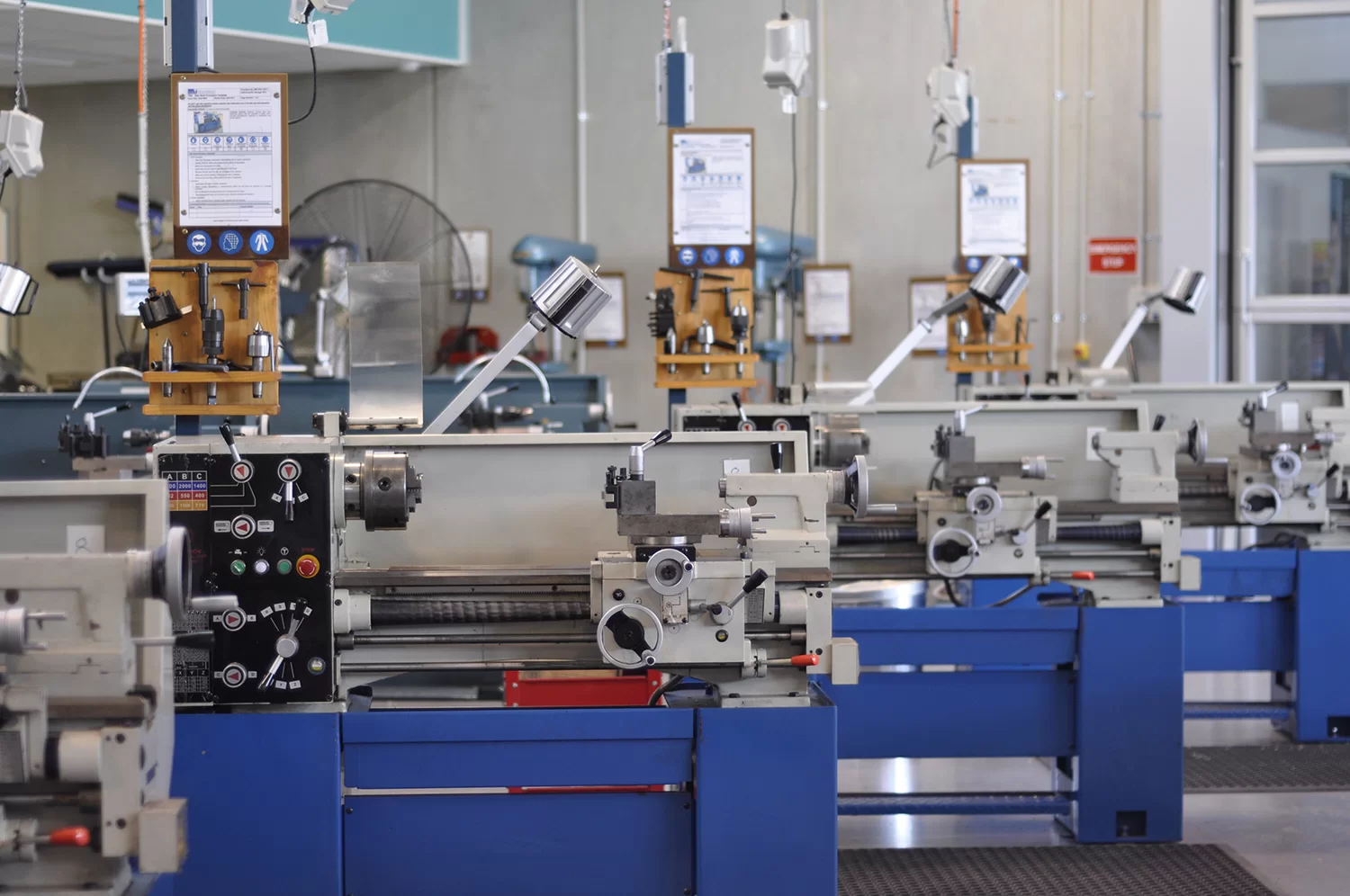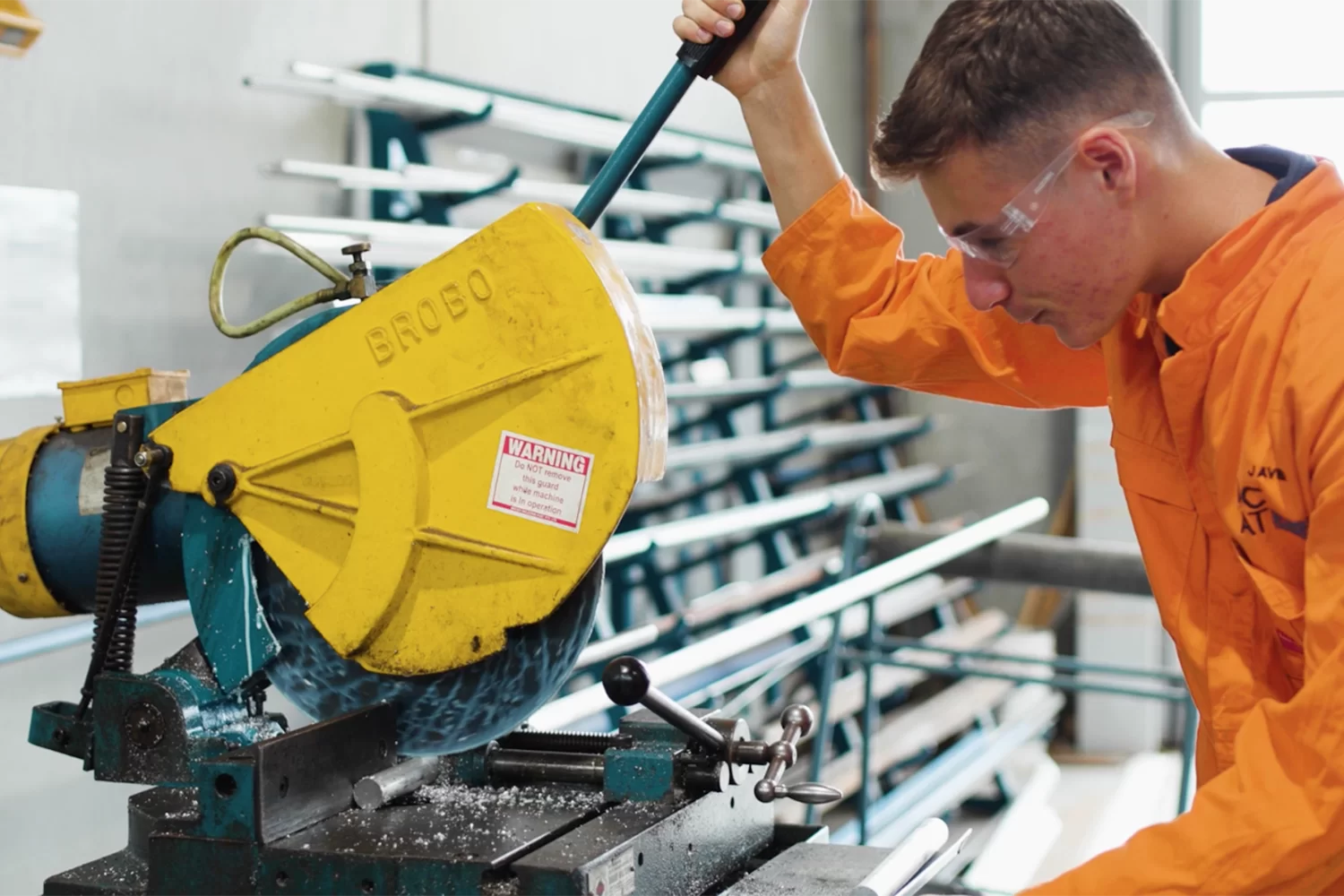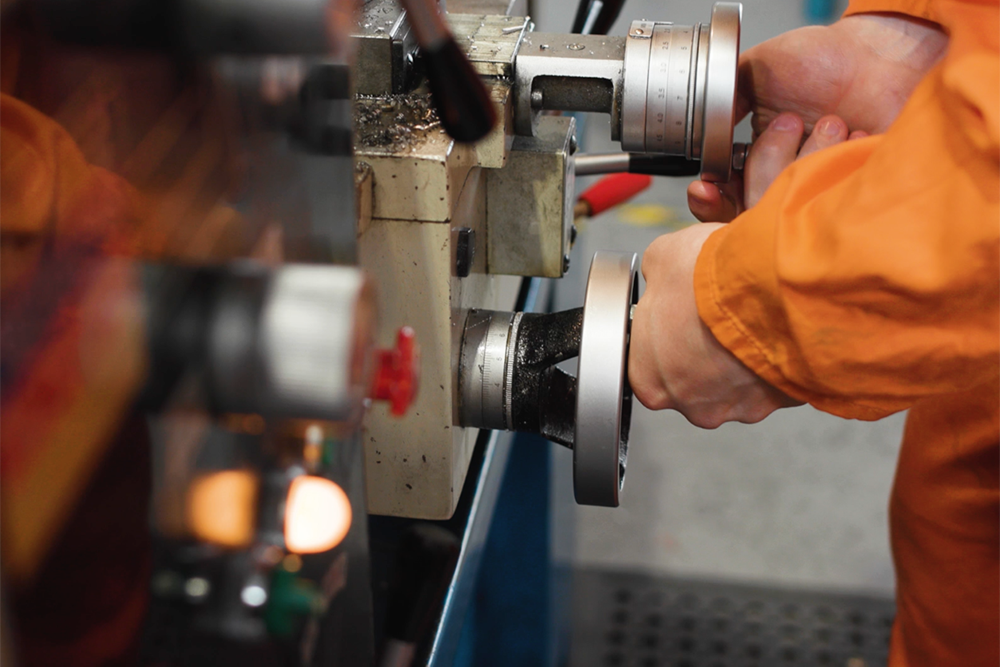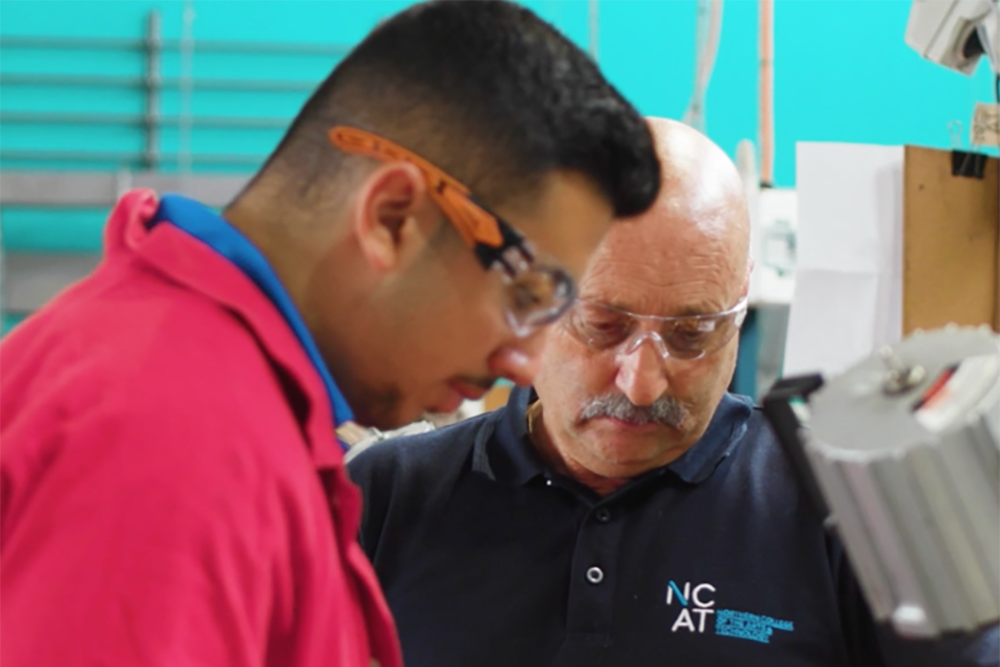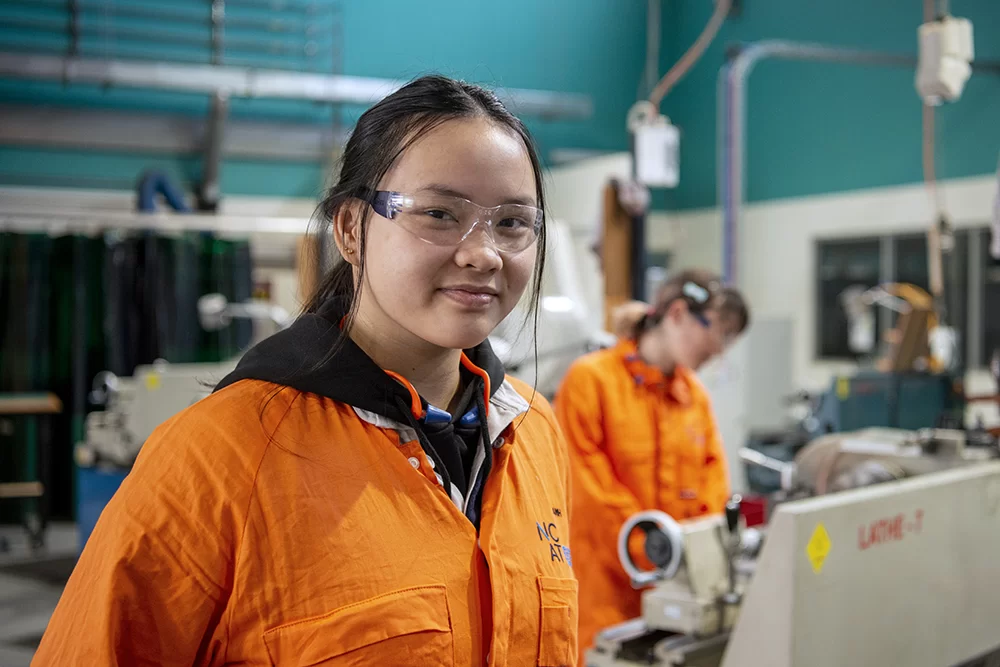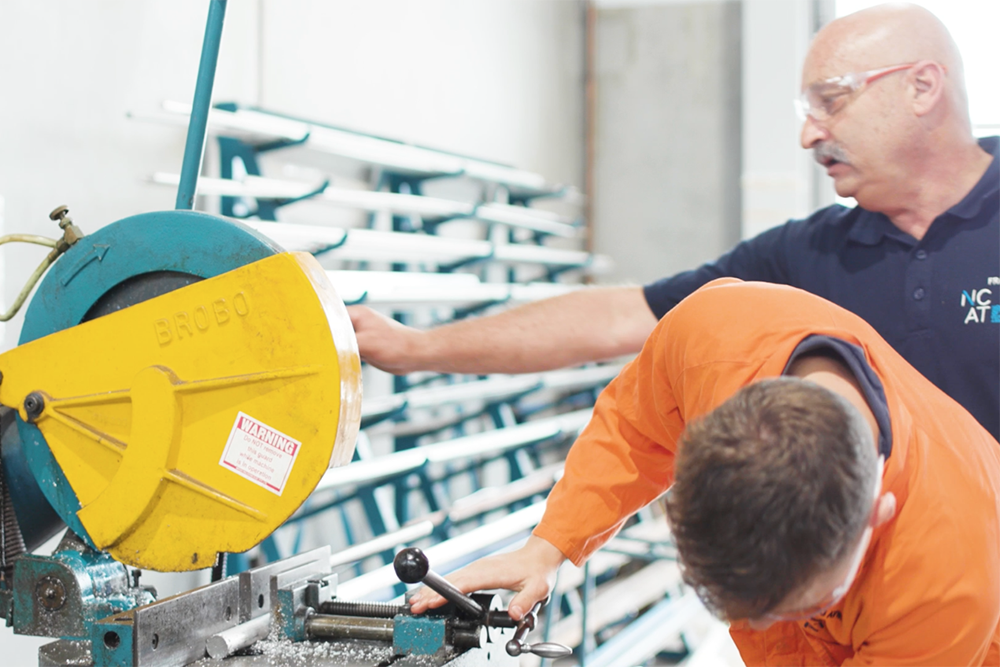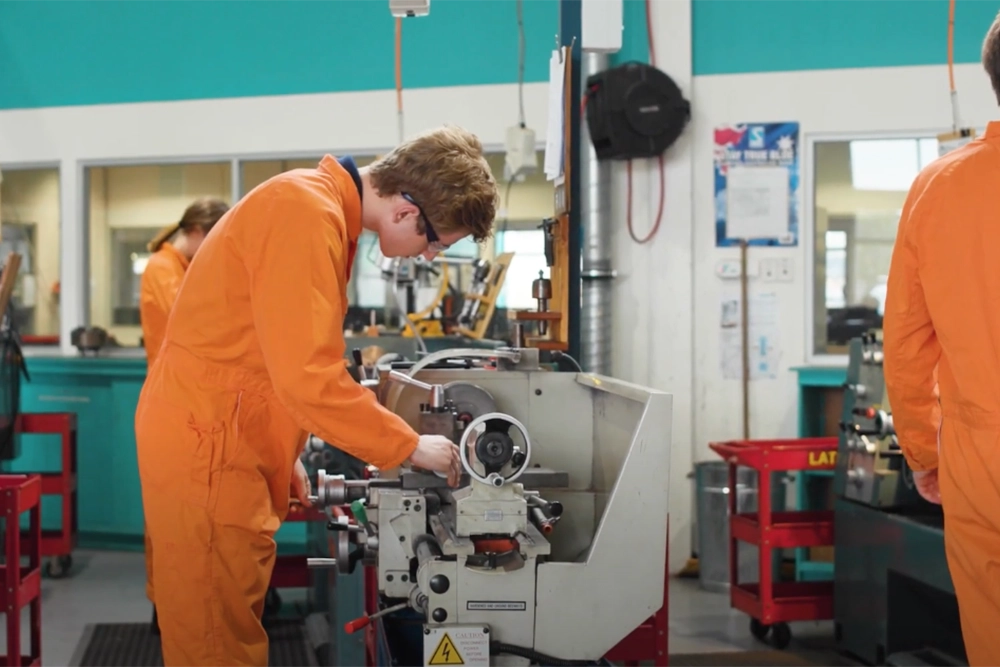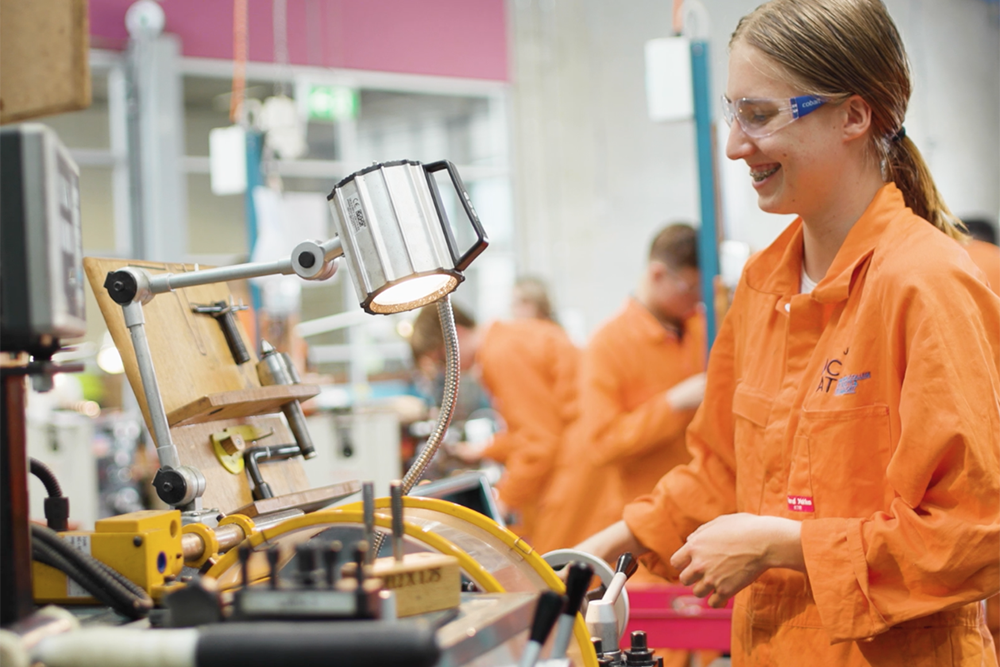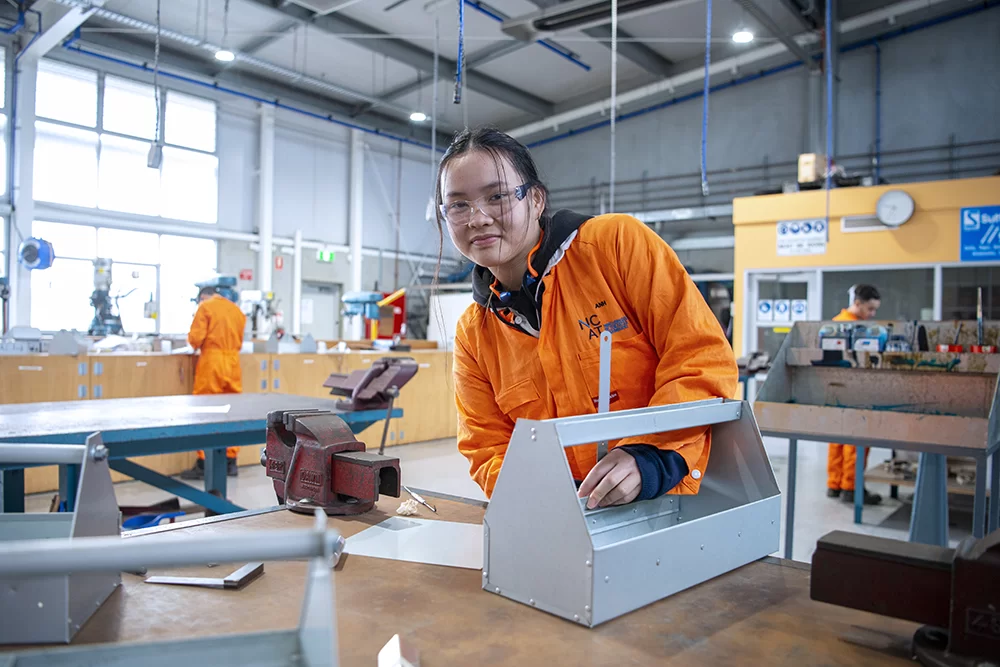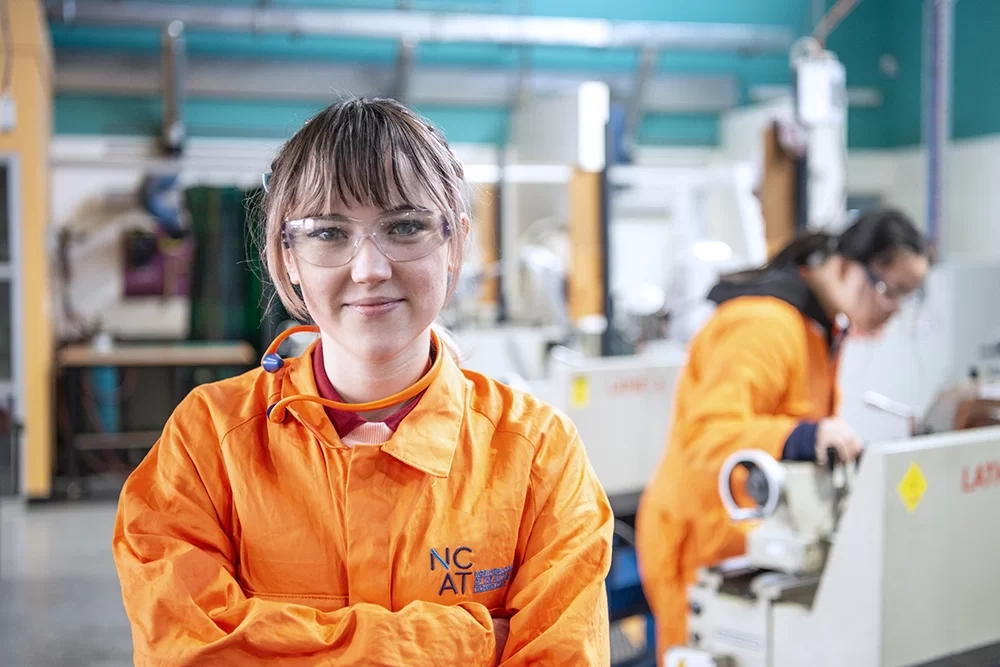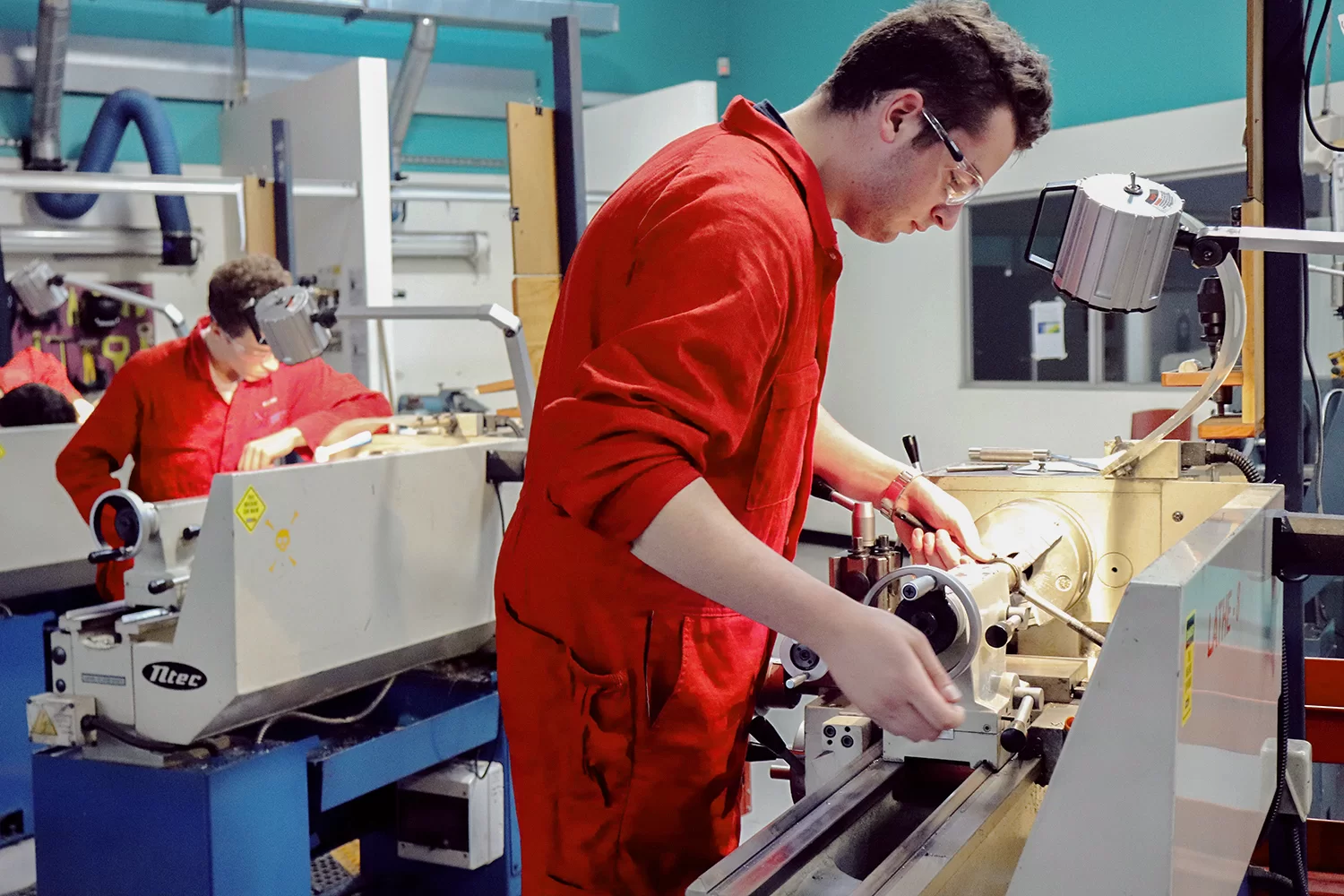Engineering Studies Extension Projects
NCAT is a partner school of the Banyule Nillumbik TECH SCHOOL (BNTS). Although NCAT has an excellent Engineering workshop, the Tech School has some future-focused technologies we do not have. Together with BNTS staff, students can produce very individual engineering studies projects.
With this intention, BNTS Learning Technologist Anthony Gasson recently worked with our trainer Frank and one of our Certificate II Engineering students.
Consequently, our student Salih designed a 1:1 scale chess board with accompanying custom-designed chess pieces. With our trainer working in our workshop and with Anthony working at the Tech School, Salih was able to make his ambitious design. Under Anthony’s guidance, Salih was able use the waterjet-cutter, laser cutter and 3D printers. Over four months Salih used raw, unpolished brass to create his engineering project
Another great engineering studies project was made by Dimitra. After engineering students complete all their standard practical exercises they have the option of making their own engineering project. Dimitra researched and designed her own toolbox with hand cut metal pieces riveted together by hand. This took over three months and she produced a high quality product of which everyone is very proud.
Both of these students are still in their first year of the Certificate II in Engineering Studies at NCAT. We are looking forward to what they will produce in their second year in 2023.
BNTS and NCAT Value Partnerships
BNTS staff were astounded by the incredible work achieved at NCAT. They are grateful for the support from our Principal Raffaela and staff in establishing and maintaining the partnership. NCAT also values this partnership with Banyule Nillumbik Tech School. We would like to thank Anthony Gasson for sharing his knowledge and skills.
Other Schools Students Can Enrol in NCAT Engineering
Both Salih a student at Mill Park Secondary College and Dimitra a Charles La Trobe College student attend NCAT one half a day per week for two years to complete the Certificate II in Engineering Studies.
Salih hopes to become a mechanical / aerospace engineer in the future. Dimitra is passionate about women in the STEM workforce and aspires to be a mechanical / structural engineer.
Undoubtedly the NCAT Engineering Studies course designed with qualification pathways in mind, gives students the perfect foundation to start them on their journey.
Read more about the NCAT Engineering course we teach – 22470VIC Certificate II in Engineering Studies at NCAT
and here is the link to the VCAA VCE VET Engineering Studies
